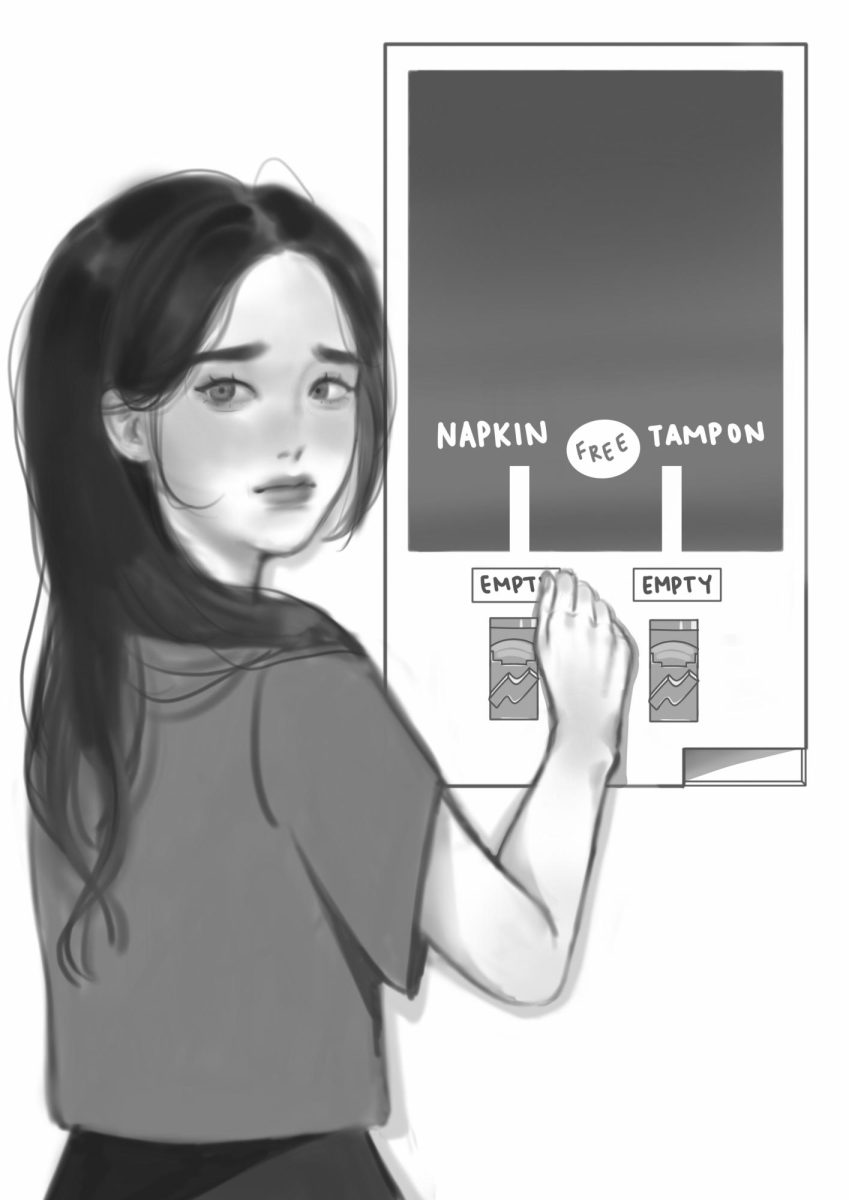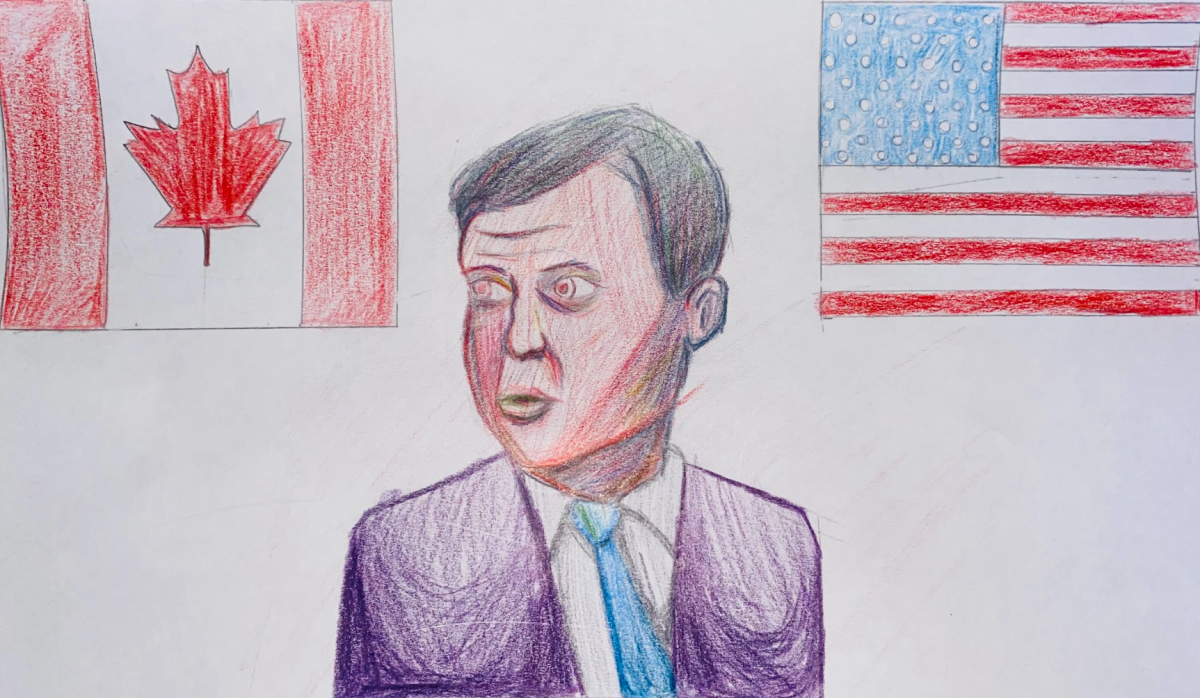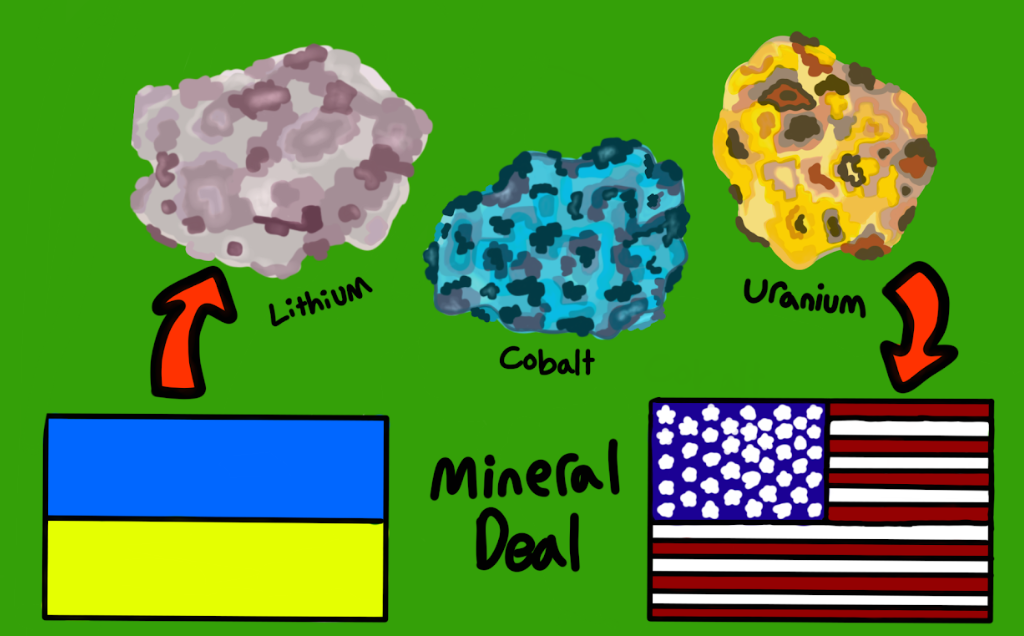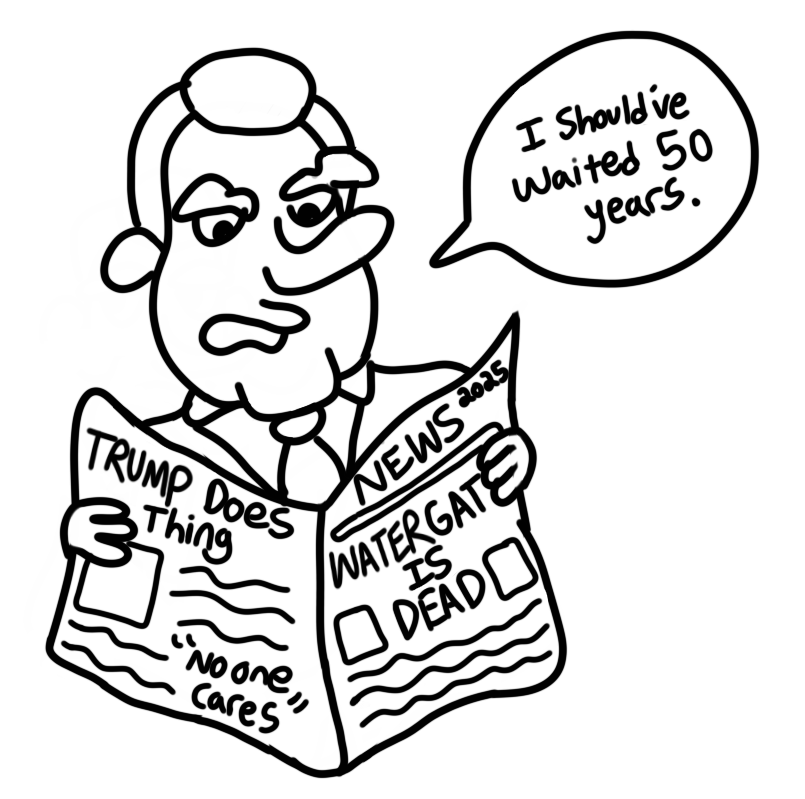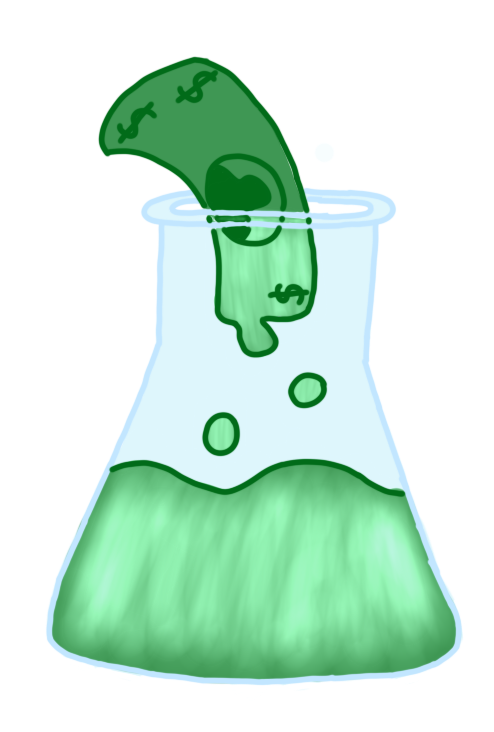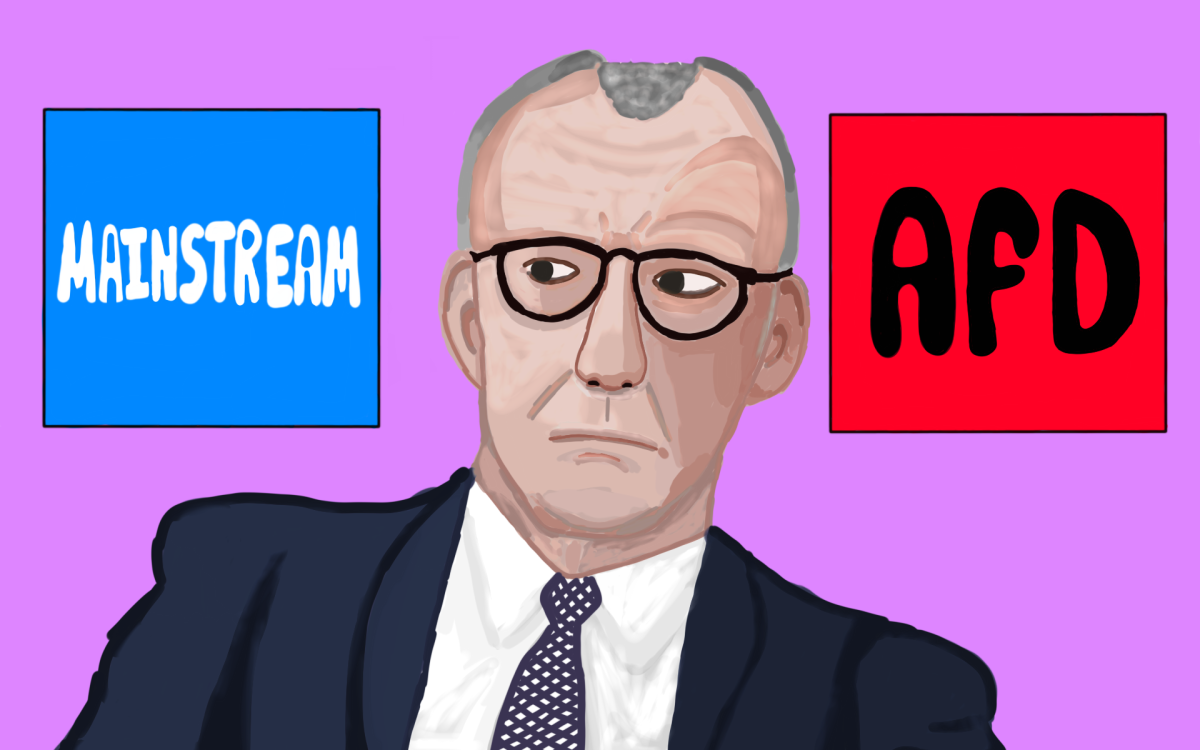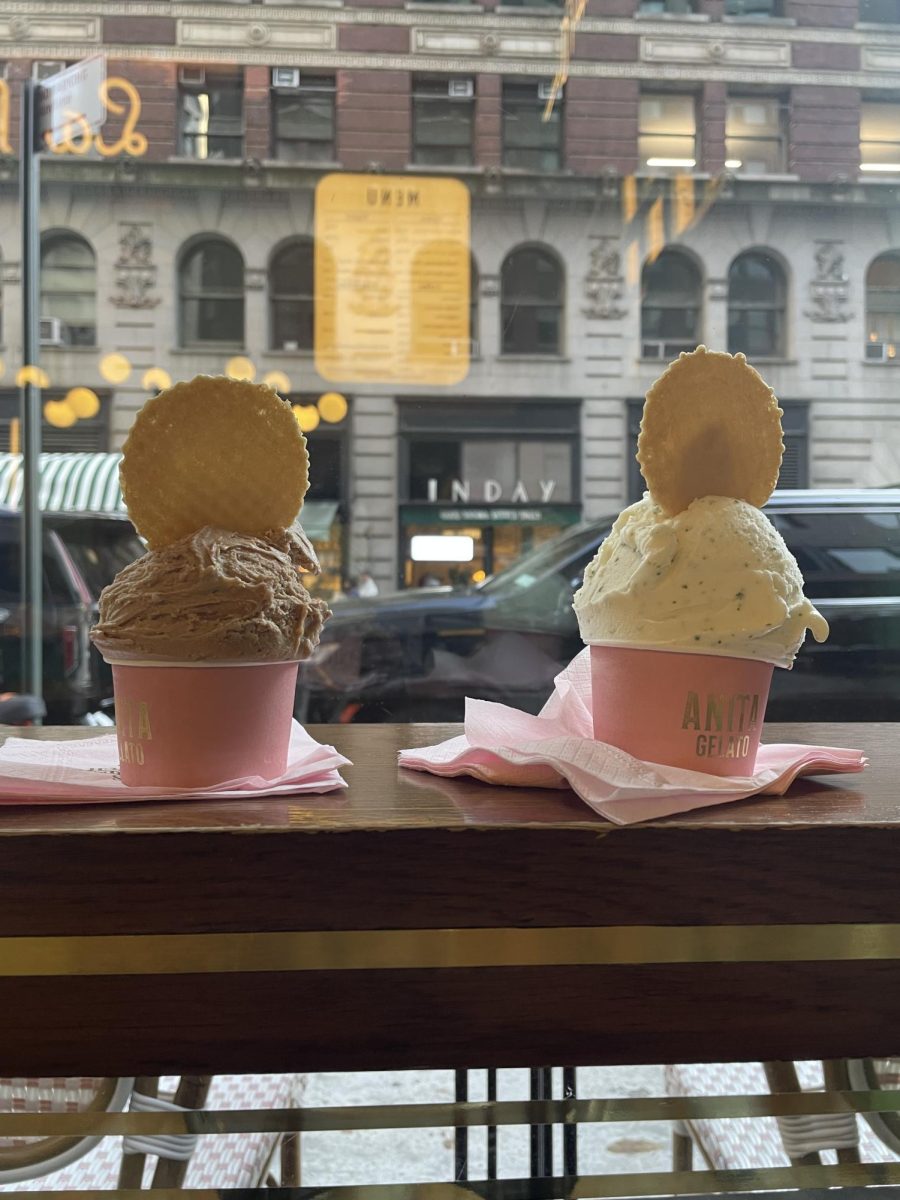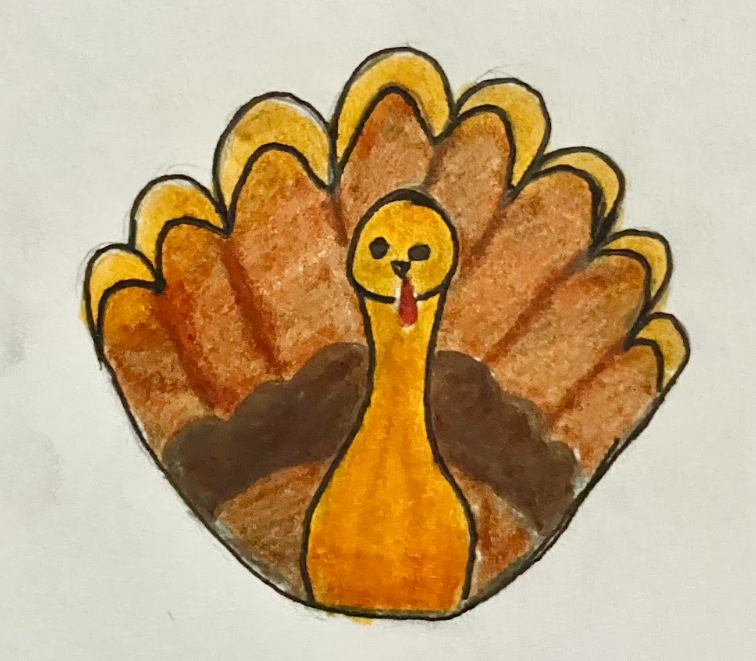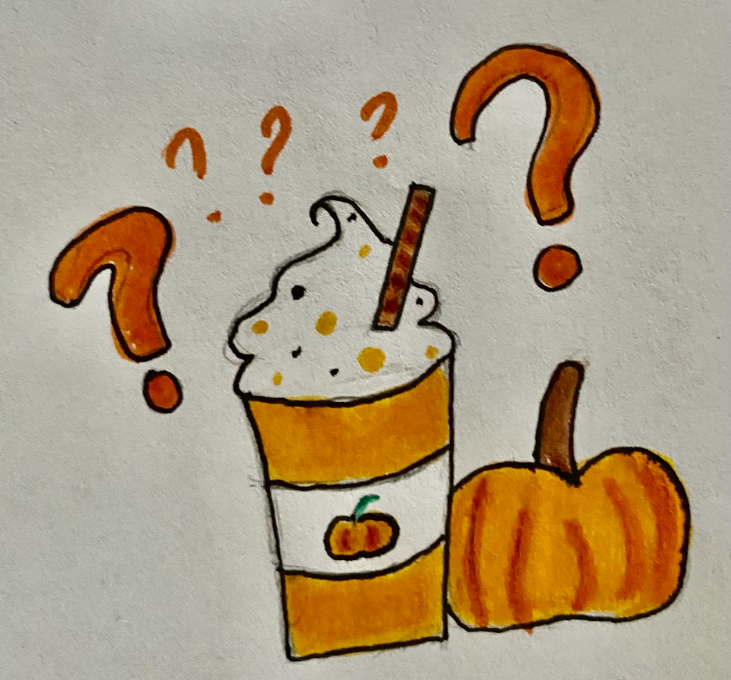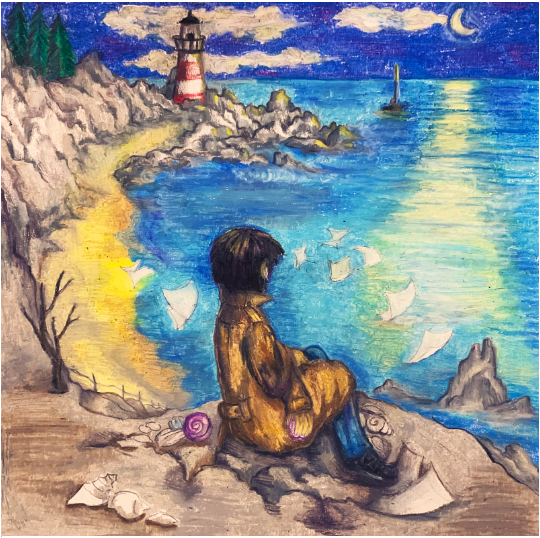With the chill of the winter months comes Letters from the Shore, the debut EP of senior musician Aaron Wang, aka Voyager Lost. Letters from the Shore is a collection of 5 emotional and deeply relatable songs, produced, composed, written, sung, and played by Aaron himself. Many of the songs revolve around the idea of “growing pains” and have a bittersweet quality about them — of something loved and lost. As a senior dragging myself along through the college process, I feel an immense sense of grief for the childhood I’m leaving behind, the things I never did, and the things I’ll never do again. Aaron’s EP struck a chord with me for this reason.
One song in particular, Ode to the Sea, was especially moving and had me tearing up. I was lucky to be able to listen to it before Aaron’s release and I played it on repeat. To me it felt like a timeless bedtime story or lullaby. Aaron’s thoughtful lyrics conjure up a dramatic rocky coast, the warm glow of childhood friendship like the sweeping beam of a lighthouse, and then, the heavy darkness of its absence. I was honored when Aaron asked me to create a piece of art for Ode to Sea, and I found it easy to translate his melodies into color. The resulting art delightfully complements the imagery and emotion of Aaron’s composition and songwriting. Aaron refers to his EP as “multimedia,” because of the intentional effort he made to commission student artists. As he describes, “Any possible way to express what I’m trying to say that I feel is perfect.”
I sat down with Aaron in December to talk about music, art, and Letters from the Shore. This is an edited version of that conversation. Before you read, I recommend listening to Aaron’s EP on Spotify. Linked here:
First, can you talk about how you got into music and what your relationship with music is like?
I’ve taken piano lessons since I was eight because my mom signed me up. If I had a more aggressive or more intense piano teacher, I probably would have quit music entirely. I took guitar in fifth grade, but I hated it because he wanted us to sing. I didn’t want to do that in front of people, so I would just sing impossibly quietly. When quarantine hit, I had nothing to do, so I started playing the guitar again. I played chords and I was like, this is actually kind of fire. I would close the door to my room when no one was home and I really liked singing to myself.
That’s so interesting that it started during quarantine.
Well my identity did and so did music. It made me feel really happy to just play chords on a guitar and feel the music. I started going to the piano more when I was upset. I found out I could print out chord progressions to Hallelujah or this Elvis song, and songs that I liked back then, which were kind of rocky and 70s or 80s-y. The chords were simpler and spoke to me.
How did you transition to songwriting?
My piano teacher was like, you can write. So I spent like the summer before sophomore year trying to write a song. I remember my first song … it was really bad. I don’t even have it anymore. I think I was trying to emulate Ed Sheeran vibes. It was rough, dude.
But then throughout sophomore year, I actually wanted to make my own thing, not just for the idea of making a song. At first, I was remaking songs I listened to because I had no clue what I was doing. But over time, I started exploring on the piano and just had fun. I started trying to write songs about how I felt. Sophomore year was when I started to feel emotions for the first time in my life. I have a diary from then that’s really funny to look back at because I did just snap into existence emotionally.
And so music helped you through that in some ways, to express yourself emotionally.
Yeah. Music was like self-exploration for me. I’m still dramatic, but I was very dramatic back then. And I was like, Oh, I’m feeling all these feelings. I don’t know what they mean. Music kind of helped me cool out a little bit because I actually put it down in an emotional way.
How has your sort of relationship with music evolved? And through this EP? In terms of emotional expression?
I started messing with GarageBand the summer before junior year. It’s still all emotion and it’s all for me — I am absolutely going to be my top listener. But I’ve grown a lot, so my instruments are more complex and my lyrics are a LOT better. At the beginning, anything I wrote was trying to be extra. Now I’ve tuned into what I care about through the music that I listen to and through what I create, so it feels more natural to me.
Do you want to talk through the process of creating this EP — how you worked through it and what started your process?
I would love to talk about the EP because I love the EP! It’s very personal. It’s about me struggling to deal with change — struggling to accept that people around me are growing, that I’m growing and that I’ll have to say goodbye to people and mourn childhood in a sense.
It started with Ode to the Sea, which I genuinely think is my favorite thing I’ve ever done. I started writing it because I was just thinking about people graduating and going to college. I missed my friends because it was the summer, and this song is kind of dedicated to Maddy, my best friend, but it’s also for all my friends. I just think about having to go separate ways and that upsets me and that’s what the song is about.
What makes the relationships you have with the people around you special is the fact that they’re fleeting and ephemeral. That’s why you care so much because you’ll have to say goodbye one day. In Ode to the Sea, the lyrics are “oh feel the waves, feel the moment, feel the breeze,” eventually that same breeze and waves will also push everyone apart. The song is very bittersweet. It’s happy because it’s appreciative of the friendship, but it’s also very sad because it recognizes that change is necessary.
That’s what I appreciate about many of the songs is that they have sort of both elements of the moody and happy. These songs are obviously very personal, but they’re also likely very relatable to most young adults, seniors especially. Is there anything you hope people might take away or that you want them to think about as they listen?
Ode to the Sea is an expression of affection and care. Everyone has people in their lives who care about them just like the boy cares about his friend and the friend cares about the boy. You’ll always be really important to someone, but it’s okay to feel impermanent and insignificant, because that’s how everyone feels sometimes. It can be hard to understand yourself — what you’re thinking and how you’re feeling, it’s okay to just sit on the cliff, cry a little bit and look at the shells.
It started out with Ode to the Sea and then I wrote Tired of Me and then Marigolds. And they’re all kind of sad, I can’t lie. Then I worked on the other two: Seniority and Parasite.
(Laughs) I have a lot to say about all of it.
Well, I’d love to hear some of it.
Musically, I’m extremely, extremely inspired by Cavetown. Tired of Me is a song that’s very Cavetown-esque. Their stuff makes me feel sad in a good way and that’s the energy I was channeling.
I’ll give a brief highlight of each song and what I think is special about it.
Marigolds is probably the prettiest to me. It’s the most poetic lyrically. I’m very proud of “the kaleidoscope of gray and copper embrace.” I think those are really pretty phrases. And I really love the natural synths and how it transitions from piano. I’m a big fan of that sonically — I think it’s the prettiest one.
Tired of Me is a little rocky. I like the vibe of that one, it’s a little sadder, and it’s less experimental than the ones to follow, but it’s kind of catchy to me, and it’s about just feeling self doubt and like, Oh, like my friends don’t want to hang out. That’s kind of it.
Next up is Seniority. That one’s funky. It’s the most experimental sound wise out of all of them. It starts out really loud, machine-like, drummy and aggressive. And then it shifts to this very psychedelic feeling. And to me that’s representative of a lot of stress and feeling like really pent up and freaking out at the beginning and then it kind of fades into a state of clarity. Almost like the calm after the storm, after you’ve just hit rock bottom. The lyrics at the end are kind of dazed and the lyrics in the beginning are very angry. So I like that clash. I like how it’s harsh and weird.
I think Parasite is a little bit of a black sheep. I like it a lot for what it says, but for me it’s the least fun to listen to. The chord progression is unique and it’s the most musically complex out of all of them. The lyrics are very self-hating. One of the lines is, “I wish I were productive or happy at least.” It’s about feeling emotionally dependent and out of touch with people around you. Wanting to fix it, but also being disgusted by an inability to fix it, the same level of disgust that you feel if you stepped on a cockroach. It is the most negative song, so it was the most cathartic for me, but it’s harsh and that’s why I wouldn’t listen to it.
Ode to the Sea is my favorite thing I’ve ever done in my life. When I was at the guitar writing this, I just started crying. It’s very emotional and very nice to listen to, so it’s the best of both worlds. I do just loop it for myself.
I think that’s my favorite too. You talked a lot about your favorite parts of the album, but let’s talk about some parts that you struggled with or anything that may have been difficult.
Parasite was difficult because it took me a while to figure out what aesthetic I was going for. Throughout any music I make, the drums are always the weakest part because I have no experience with drums. So the drums in Seniority are just multiple presets layered on top of each other — loops that I was experimenting with. I had the same issue with Tired of Me where I still don’t really like the drums that much to this day. Thank God Ode to the Sea didn’t need any drums!
I work on songs to the point where I’m like, Alright, I don’t think this is good, but I will make it worse if I try to do anything. It’s never done and it’s never good. But then you come back after you’ve been meticulously working on every detail and you’re like, Hey, I actually like this.
What did you hope to get out of releasing this EP? Why did you want to release it?
I don’t know (laughs). My family is losing money on this investment, but my parents are okay with that. I just wanted to share with people because I like it, so there’s gotta be some people that will enjoy this. And they should be able to listen to it easily. I really thought about advertising it better, using reels and TikToks, but I’m like, I need to do my work. (sighs)
And you know, I’ve always thought that a true artist never actually releases their art. Technically the truest of artists, in my mind, is supposed to be separated from a necessity for external validation. They just enjoy doing it for themselves.
And I’m happiest just listening to and showing it to like 10 people who will like it. If 10 people will like it, then I’m like, Awesome that’s a big enough deal to me.
You’ve also talked, maybe in a joking manner, of winning something like best new artist at a young age.
Yeah… I was a different person in junior year though, because I’m tired now. When I had more energy, I was like, I’m gonna beat Taylor Swift. But senior year is tough. I need to go to a college. Dude, if I had more energy, I would be so into advertising and making it into a big thing.
Do you want to talk at all about maybe some of your future plans, whether that’s an album or just going forward in your life, music, etc.?
I have a larger project that I’ve been working on since sophomore year, but it’s such an encompassing project that I no longer relate to it because I’m not the same person that I was. And my production skills grew a lot as I worked on this EP, so I’d have to change a lot in the songs that I planned for this 13-song, larger album. And then I’d also have to change the message because it’s not how I feel anymore. I really have to think about it.
Sorry this feels like a college question, but how will music-making fit into your future life?
I think it’ll always be something that I do to make myself really happy. Because now I can just listen to Ode to the Sea when I have airpods in and I’m like, Yeah, this speaks to me because I wrote it. This song is so real because I made it for myself.
I’ll always be making music for myself to enjoy. I don’t think I’ll ever pursue it as a career. It’s just not how I’ve ever envisioned it; I’ve always kind of been academically STEM.
But whenever I’m upset — though actually not recently because I’ve been too busy — I’ll go to the piano and mess around. I really really love that. It’s almost like wandering through a little forest because you can just do anything. You can press all the little buttons and it changes how you feel. I love that creative aspect of music. I love choosing instruments too — the actual melodies and harmonies are the backbone, but the real flesh and guts are the tonal aesthetic that you dive into through different instruments. That is what makes it enjoyable to listen to, but I really just enjoy going to the piano and screwing around.
I like the feeling of trying to make something as new as I can, but also as personal as I can. It beats writing in a journal about how I feel. It’s going to be such a bummer if my dorm doesn’t have a piano within walking distance because music makes me happy.
I don’t know if you’d want to speak to this, but one of the things we’re doing in the Echo this issue is taking a look at the way that art manifests at our STEM school and how we value art. Most of us are probably going to pursue our boring STEM careers, but maybe many will be moonlighting as artists. You live in both worlds too. Do you want to talk about how your different interests influence each other? Do you see art only as a side hobby or something more?
It’s important to make art. It’s like an escape. Everything I do academically — which I love and I’m also very passionate about — is very math-y, very STEM-y, very science-y, all that. STEM is a lot of practical problem solving and it’s very logical. But then I get to be a little creative, and it’s awesome to let loose with zero logic. I like being able to explore both sides of myself — the side that is more problem-solving and the side that is more chaotic.
Dude, I love the drawings for this EP so much. I love visual arts and the EP is basically multimedia. I wish there was a way for Spotify to show all of them, but they’re on Instagram. You, Michelle, Eleane, and one of my buddies from middle school all did a drawing. It is multimedia, because I’m trying to express how I feel about growing up and that gets across in music, but it also gets across so well in the drawings.
Aaron about the drawings:
Eleane’s parasite drawing has all these spiders and larvae, and I asked her to put in more, because I loved that. There are cobwebs and the cracked reflection, which she kind of got that the song is self detrimental and that’s the significance of the mirror to me with the darkened reflection. All that internalized negativity. It’s awesome!
And then her drawing for Marigolds, I really love the colors. Indescribably soft colors work really well with the song because the song is soft and so I love what she does with the colors there.
And I really love your pastel, because it kind of captures everything I feel about the entire thing. It’s got this lone figure sitting out holding a seashell, watching a lighthouse setting, and I love the reflection of the ship in the water. I love the moon reflection in the water — that’s my favorite part of it. It has a sense of not longing, but kind of wistfulness and emotion.
I really love Michelle’s drawing. I just zoom in on the photo I have of that of the faces. I love the colors, but even more than that, they’re wearing polka dot socks, and there’s curly hair. And the characters are ambiguous, in every sense of the word. And that’s important to me because ambiguity is a core part of the song. I love their facial expressions, they feel so alive. The way they’re sitting, facing each other. That one is great for expressing the affection, the care, and the closeness side of that song, while the pastel drawing is the more contemplative and mourning side of that song.
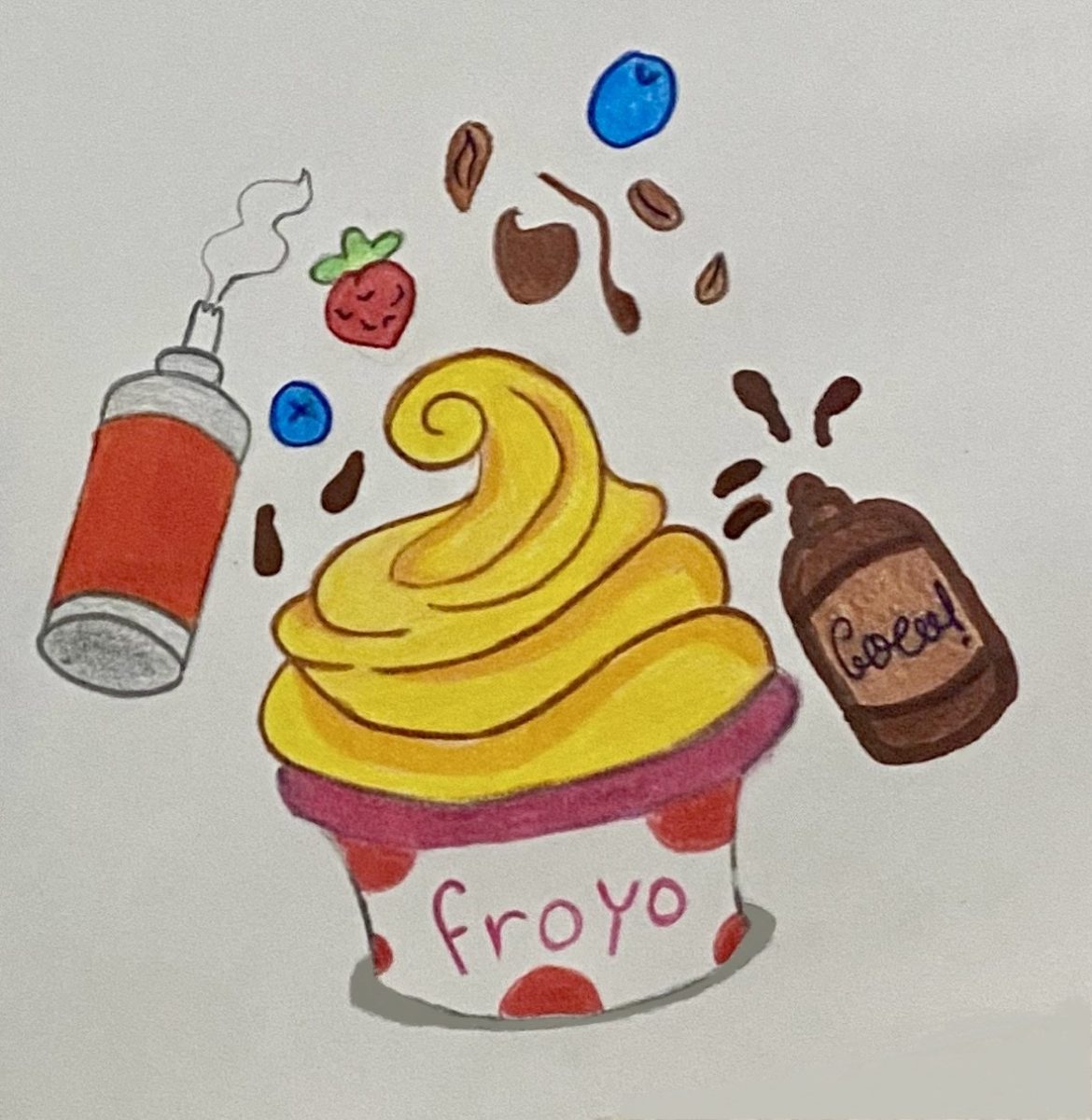
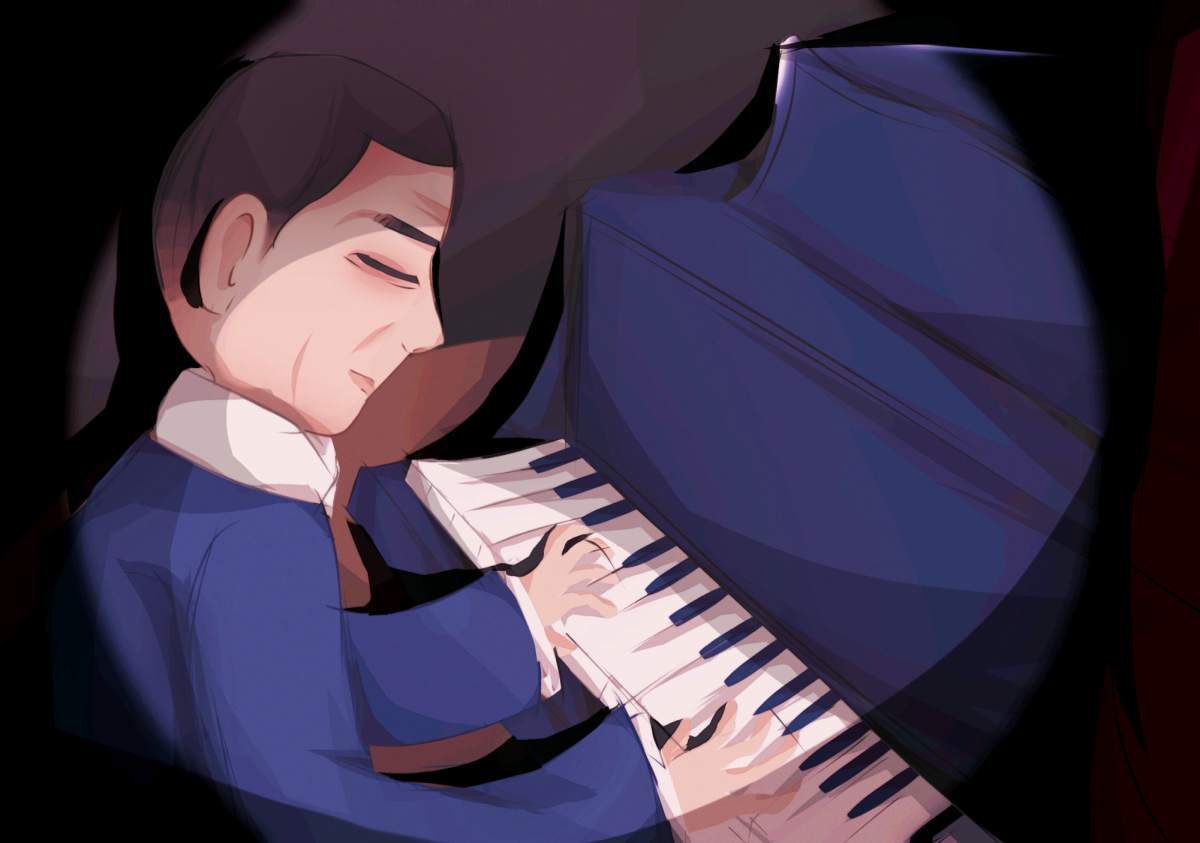
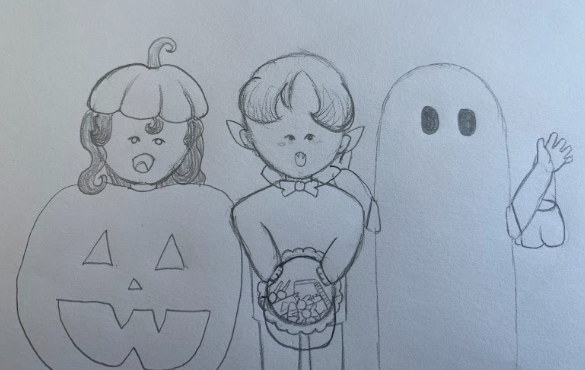
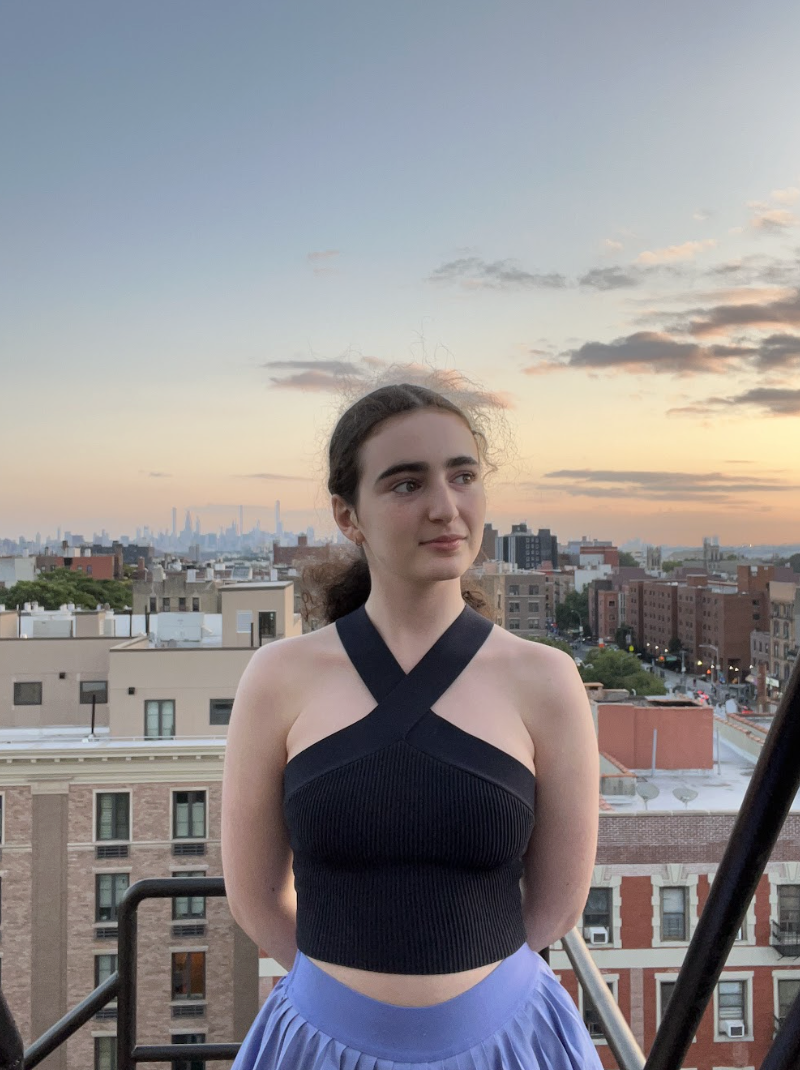

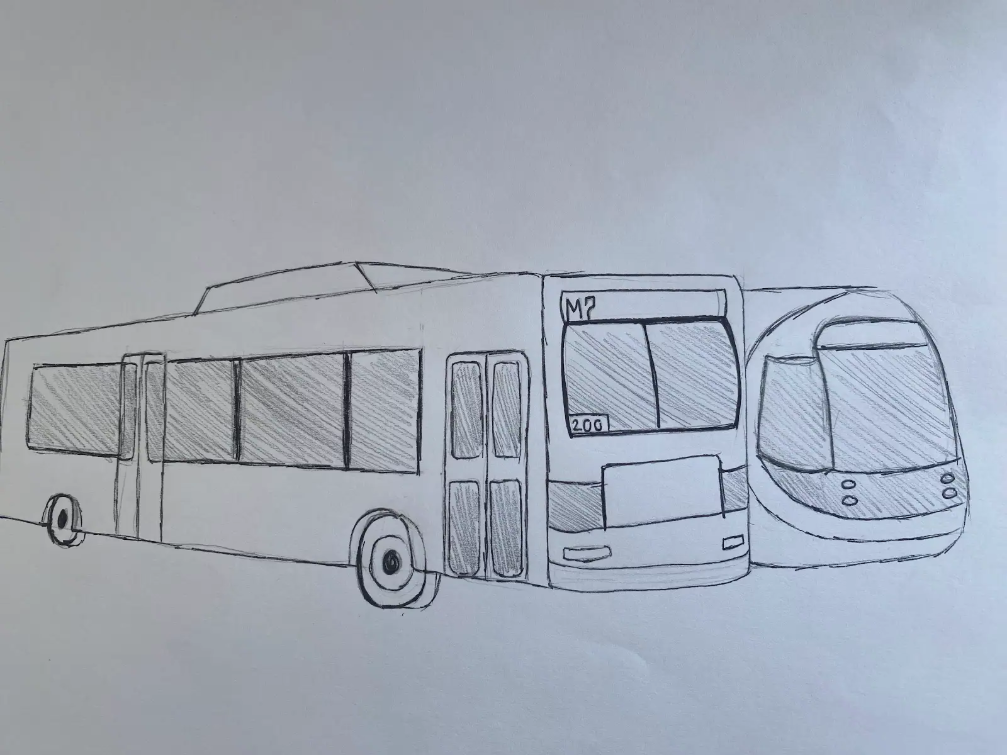
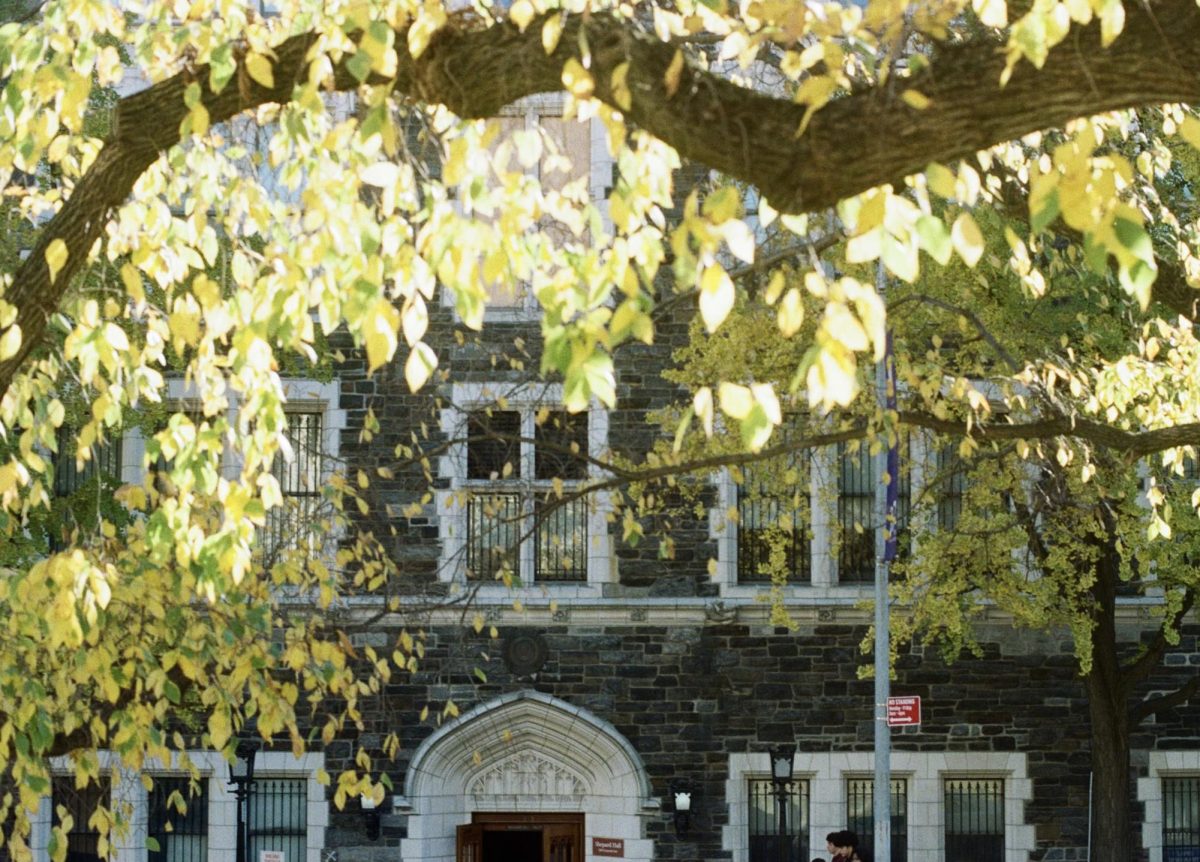
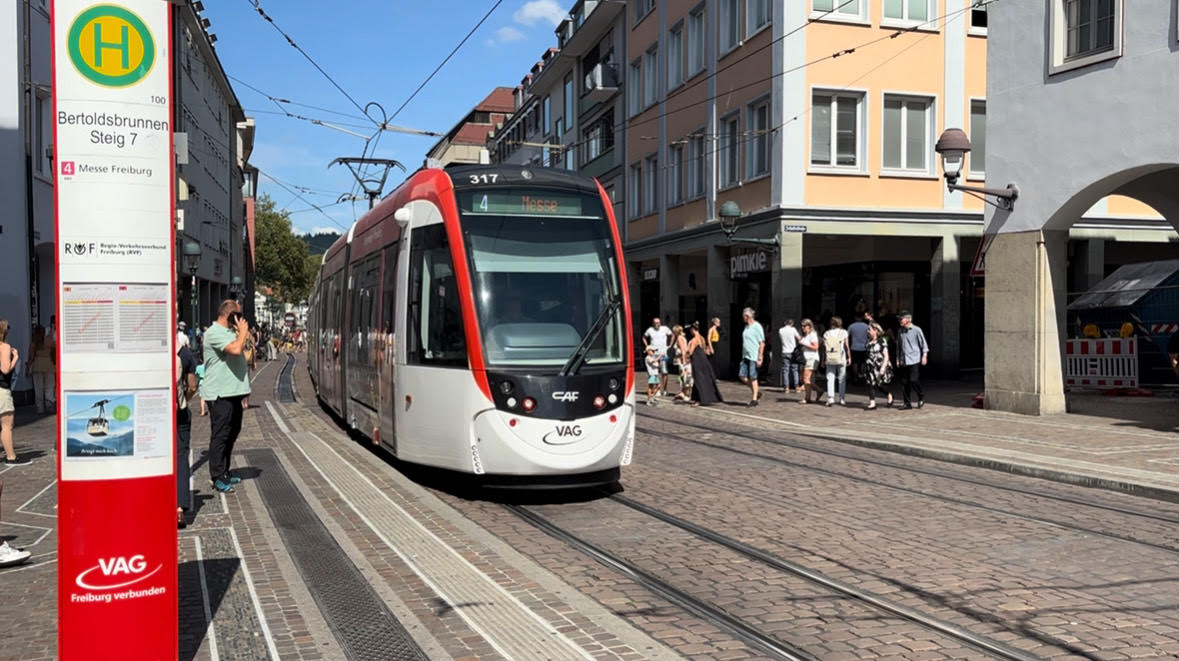
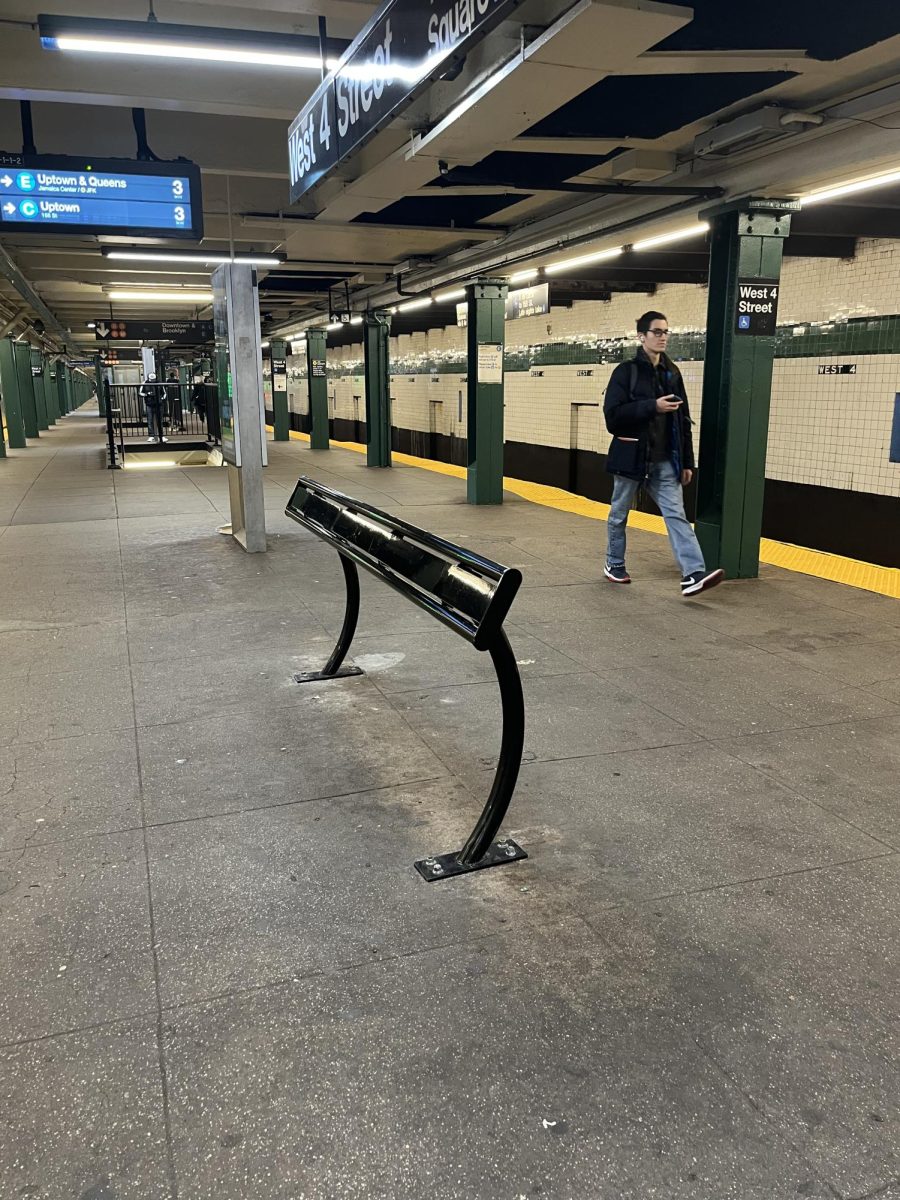
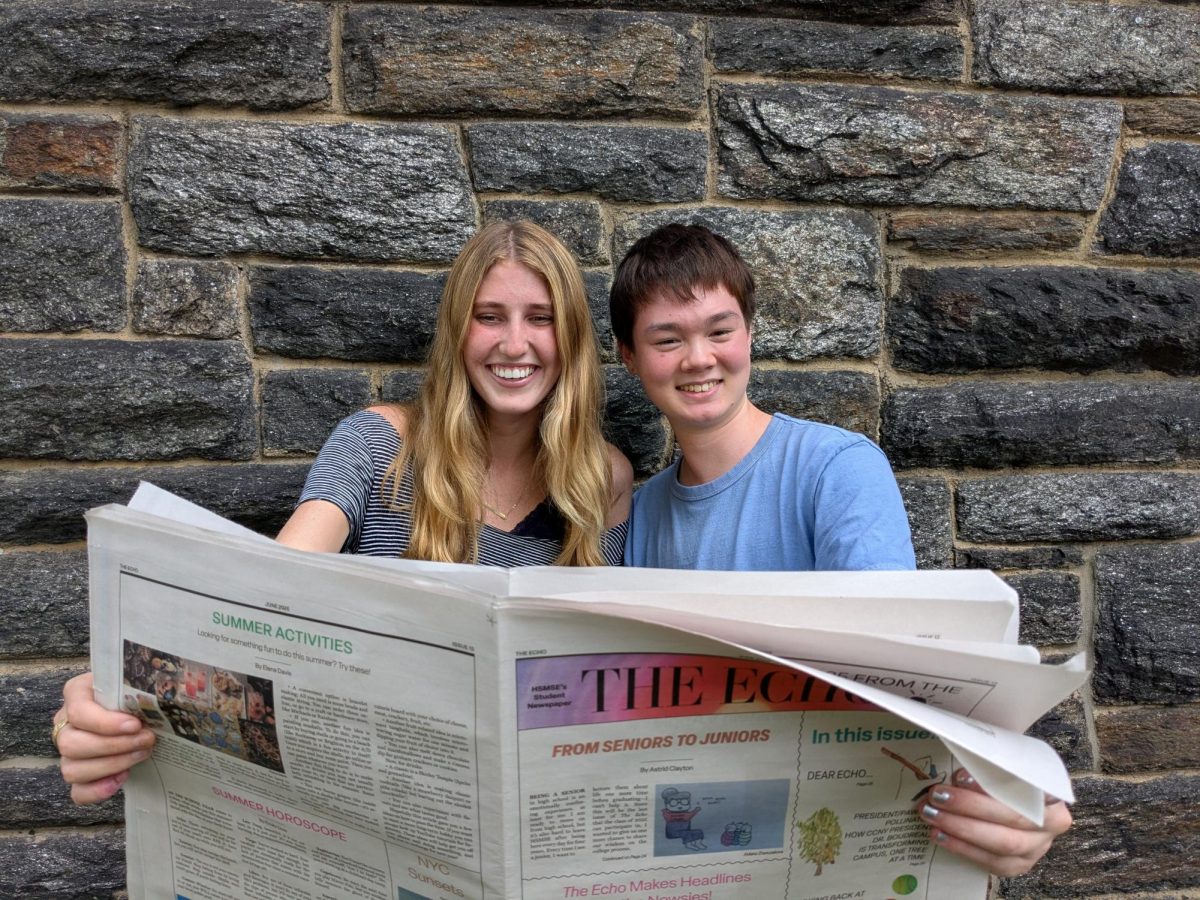
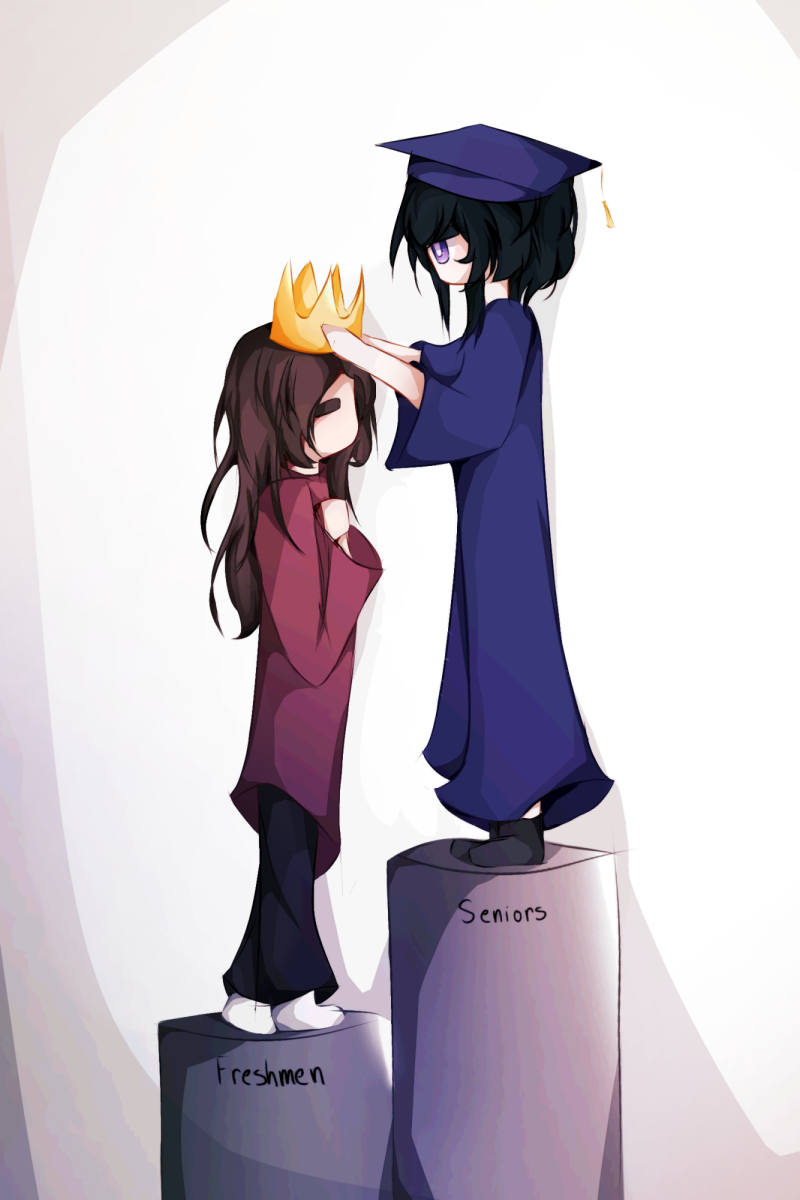
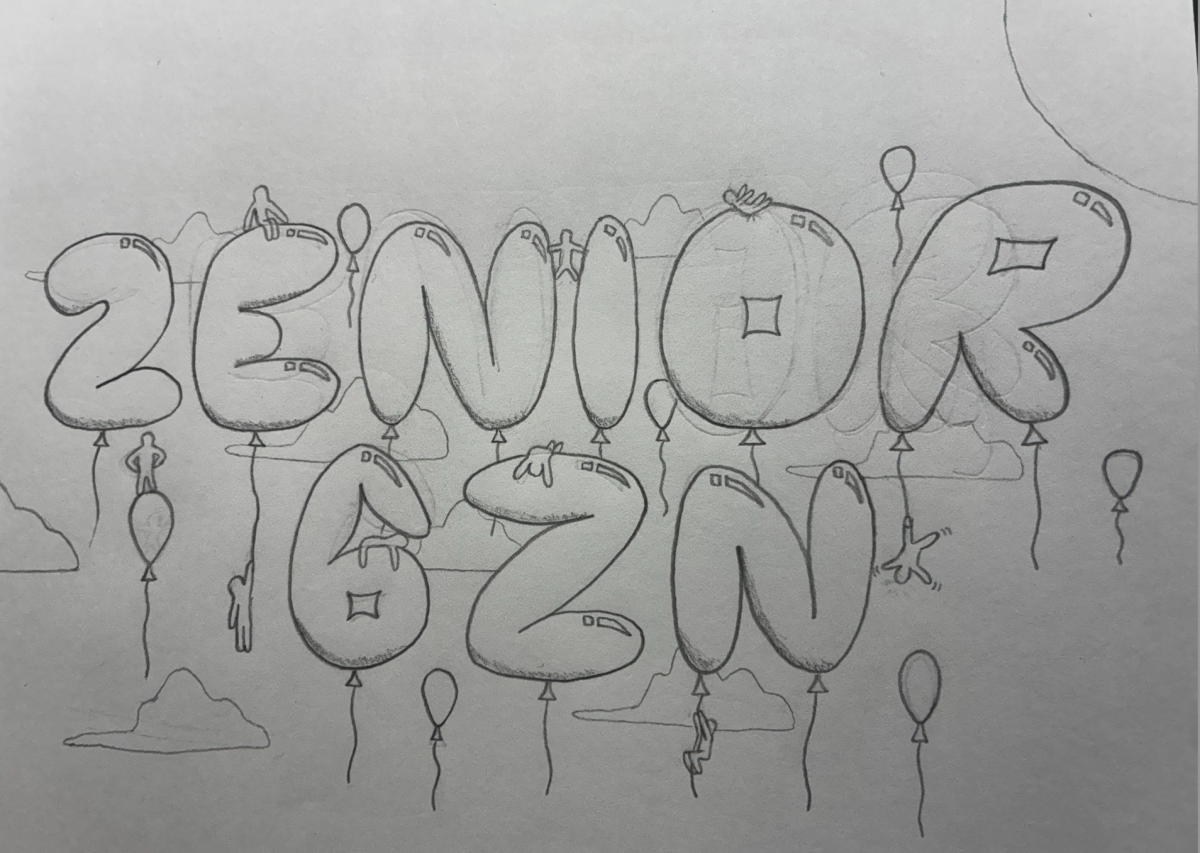
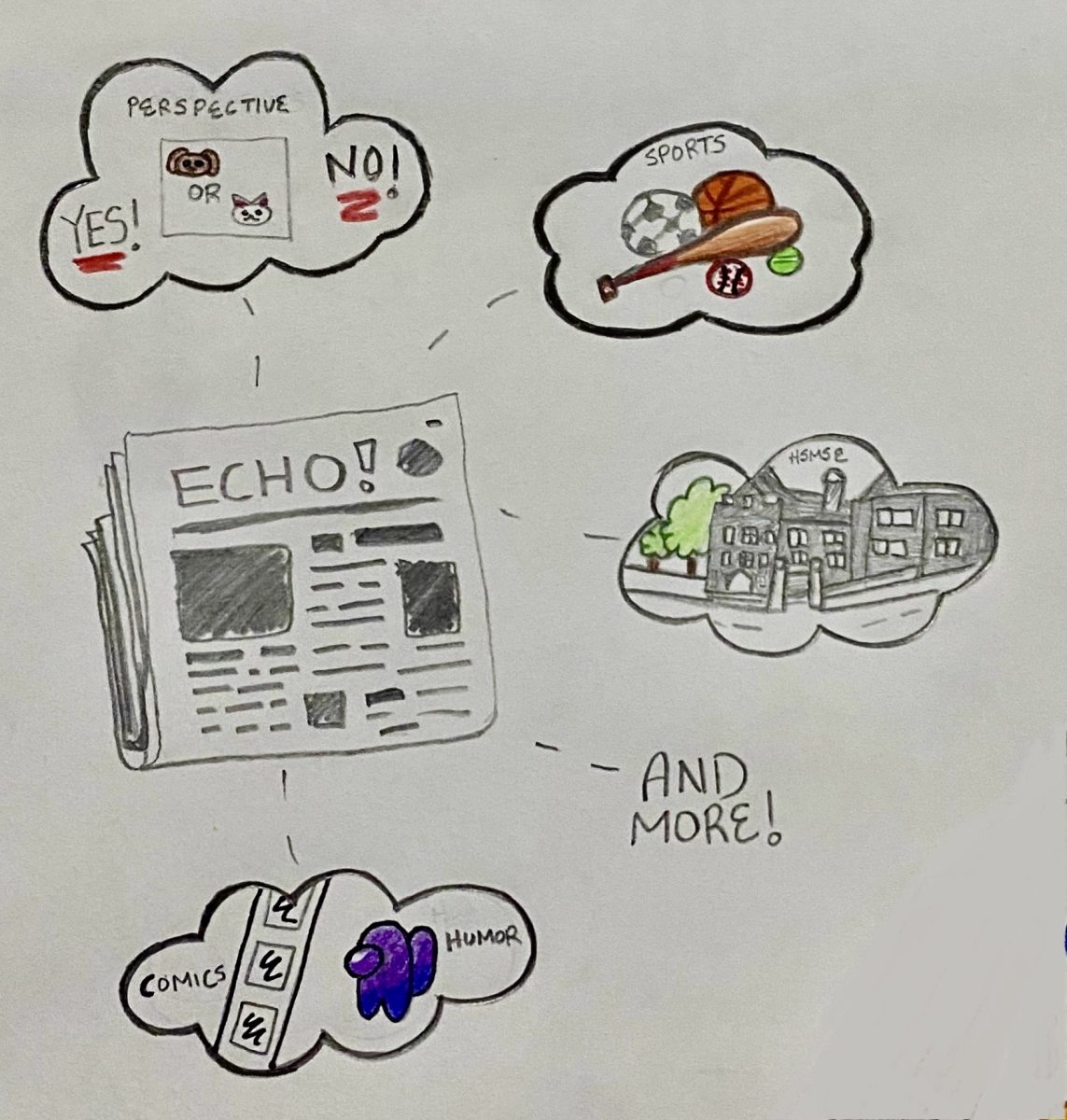
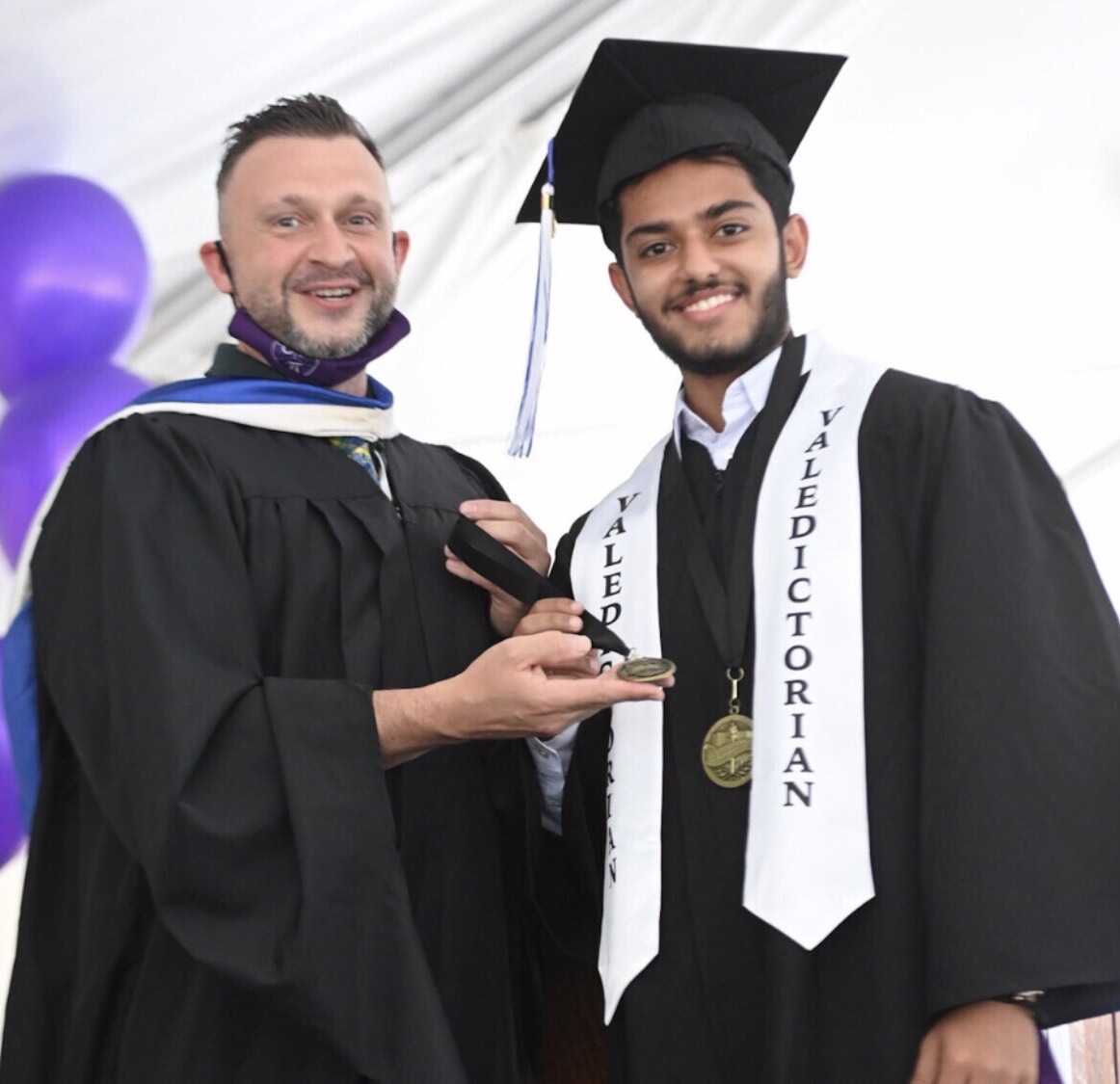
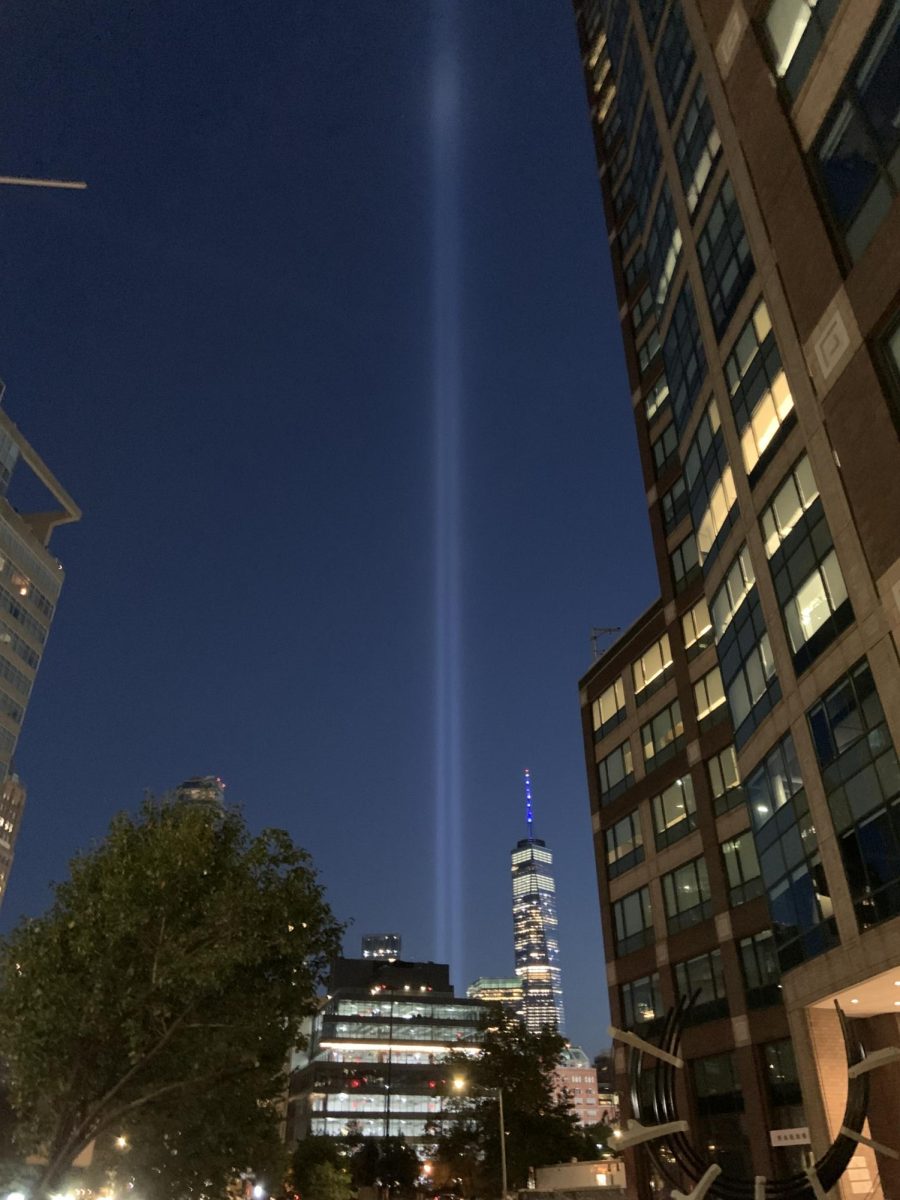
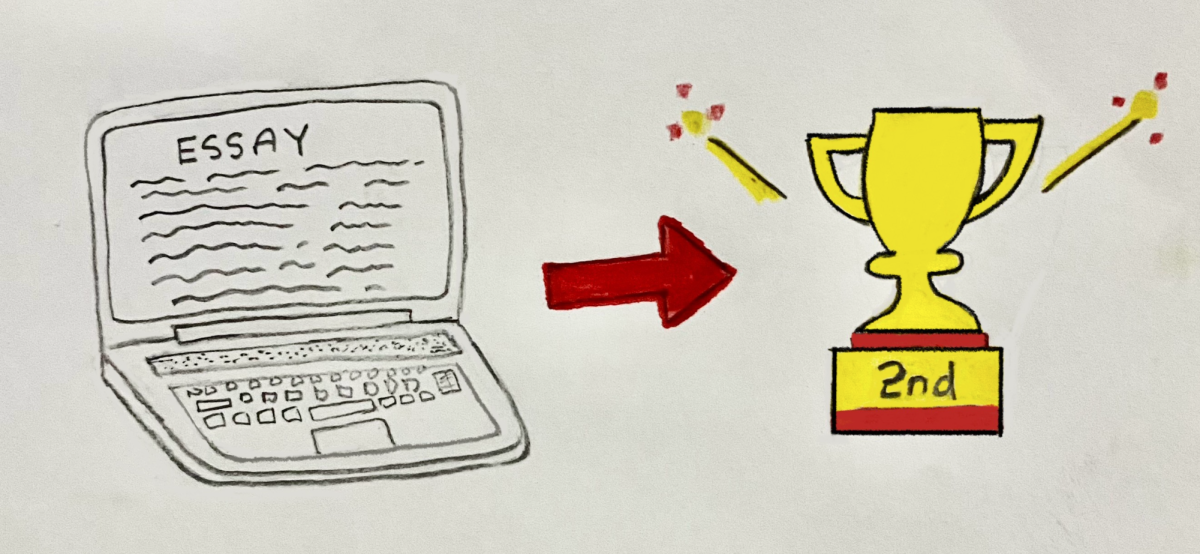



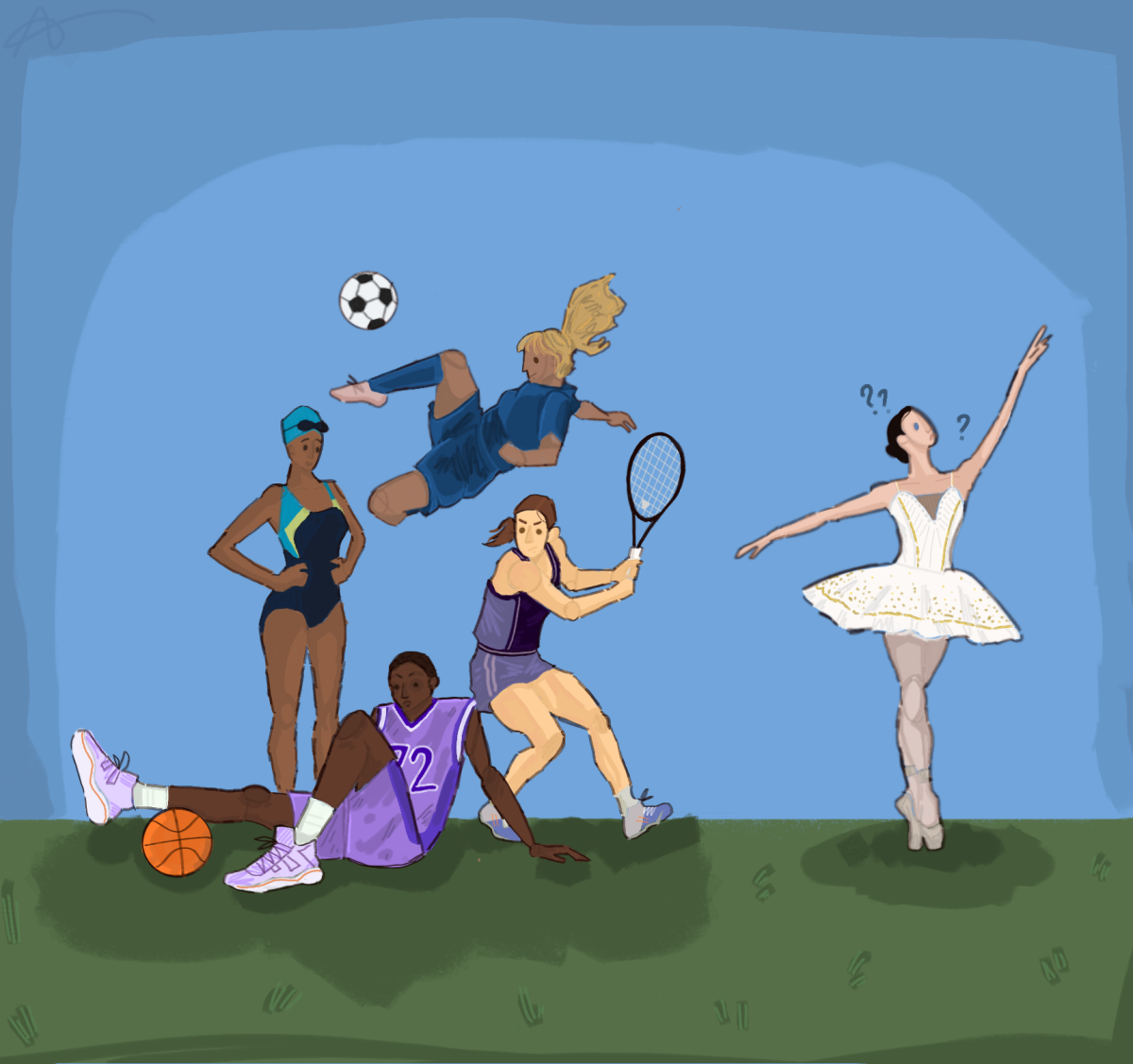
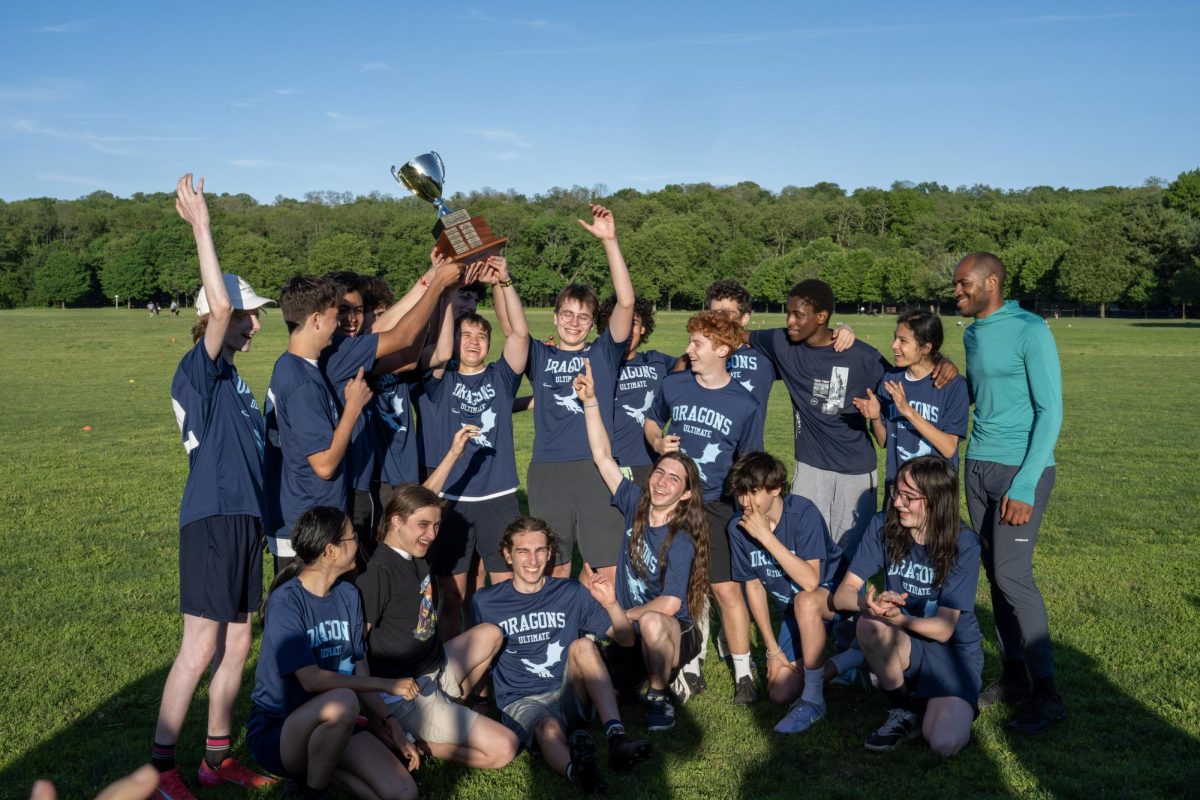
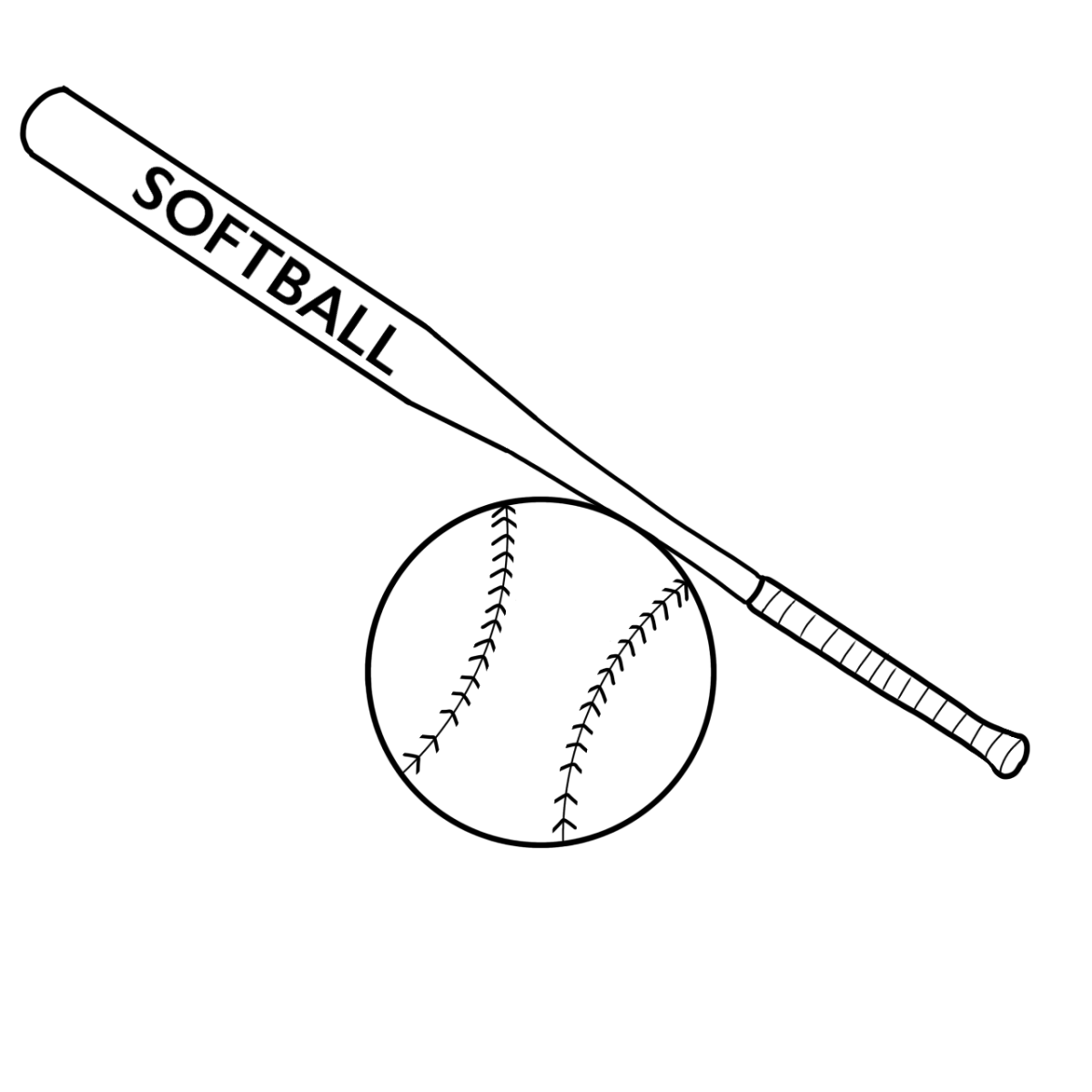
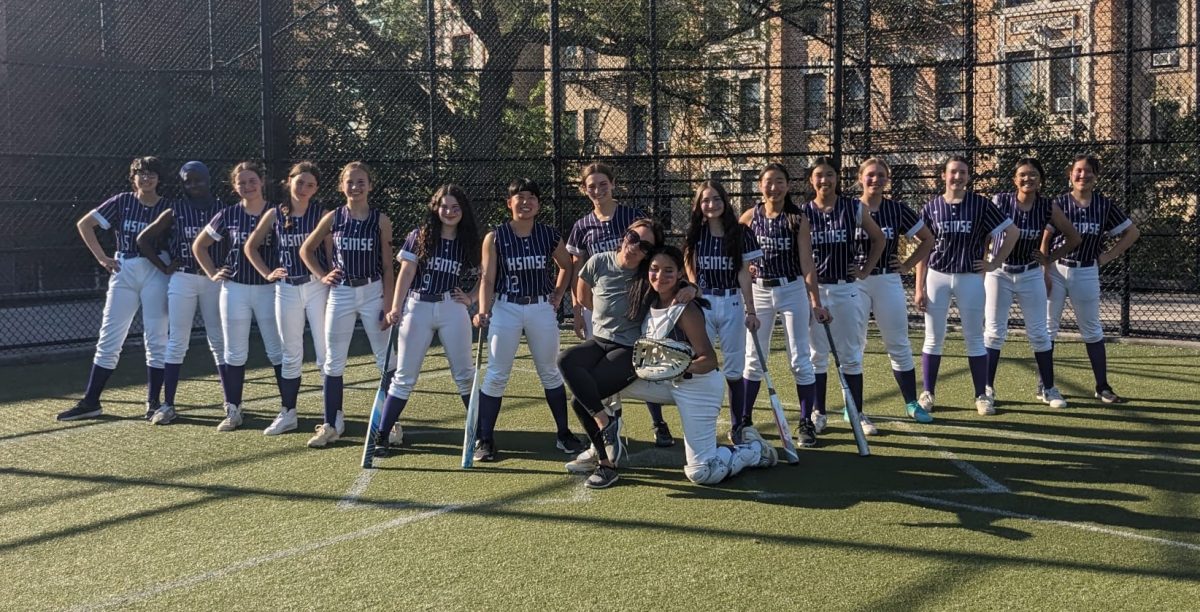
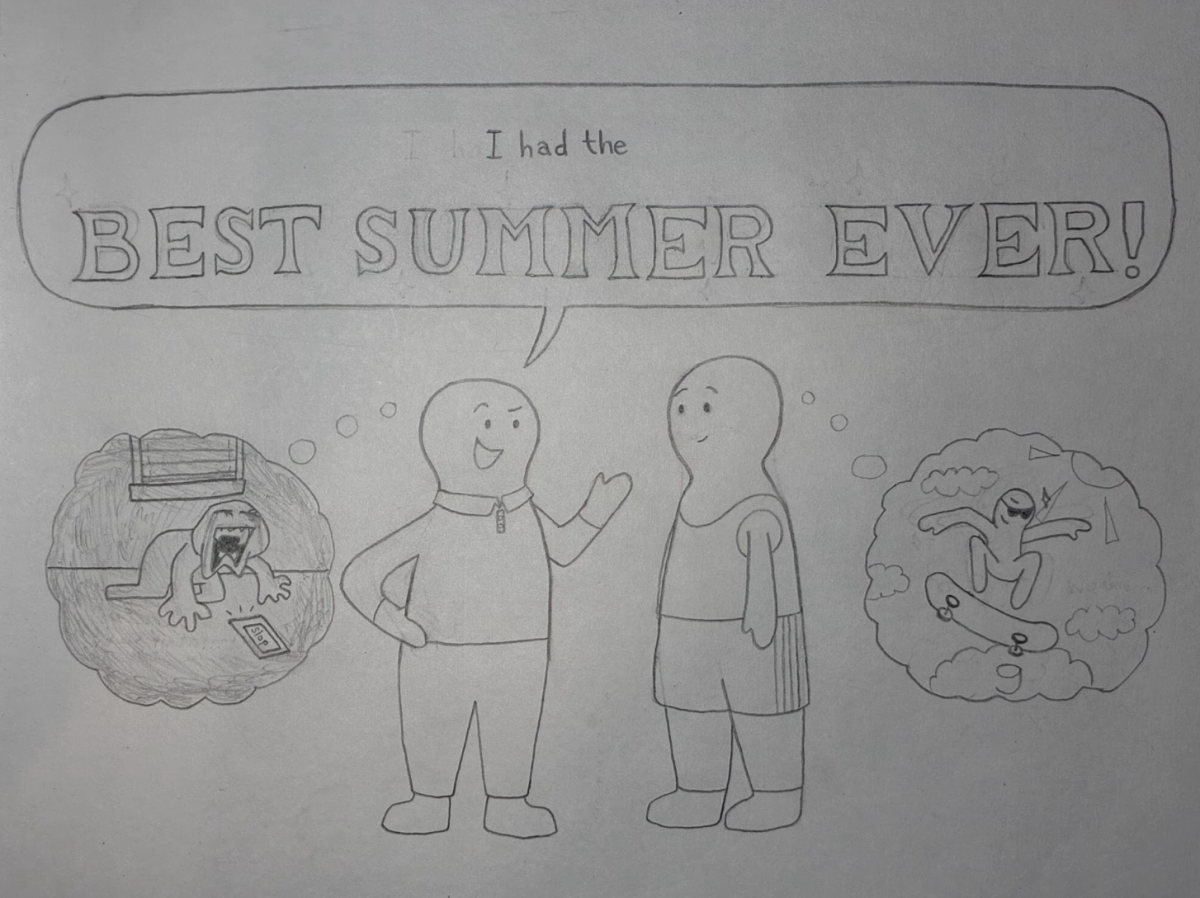
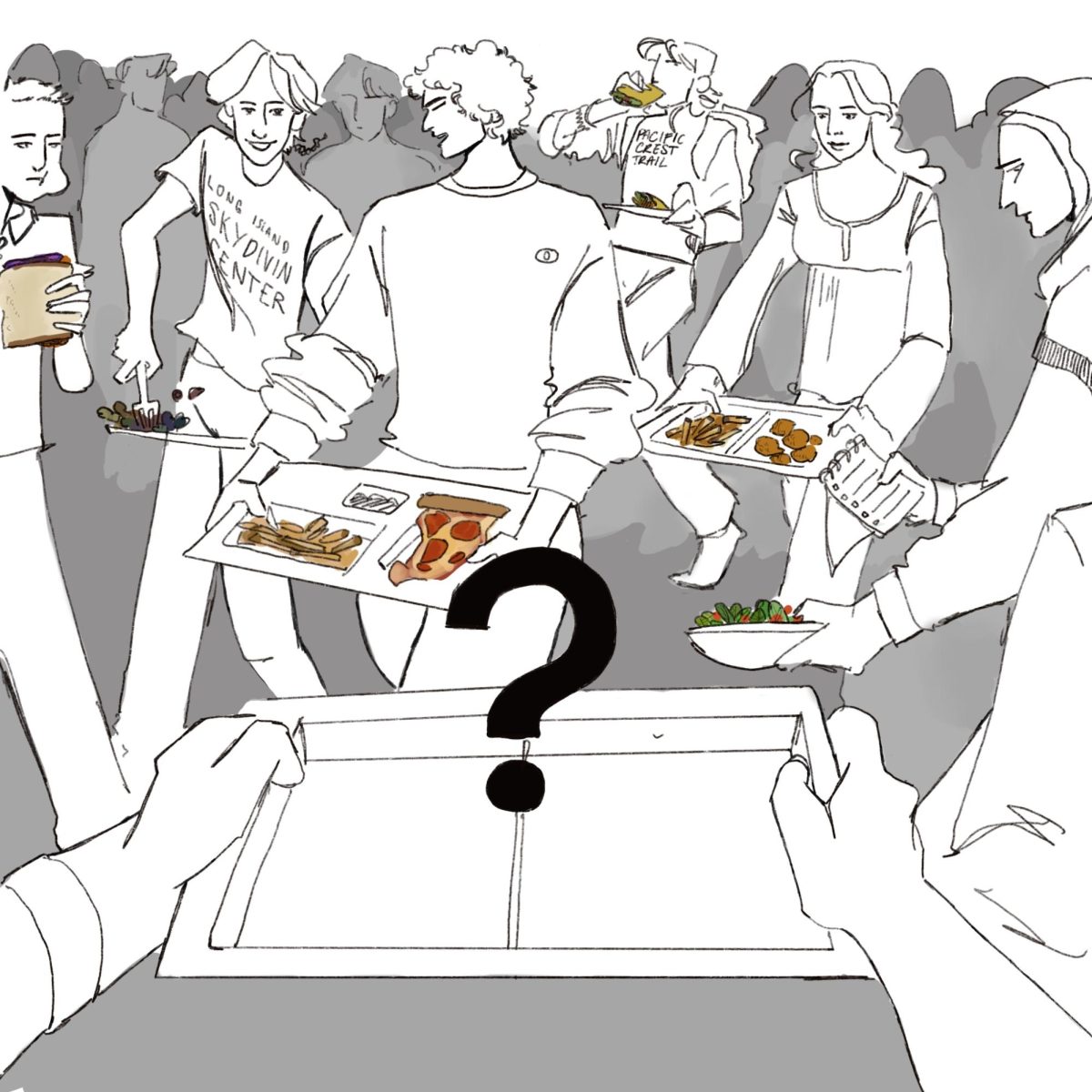
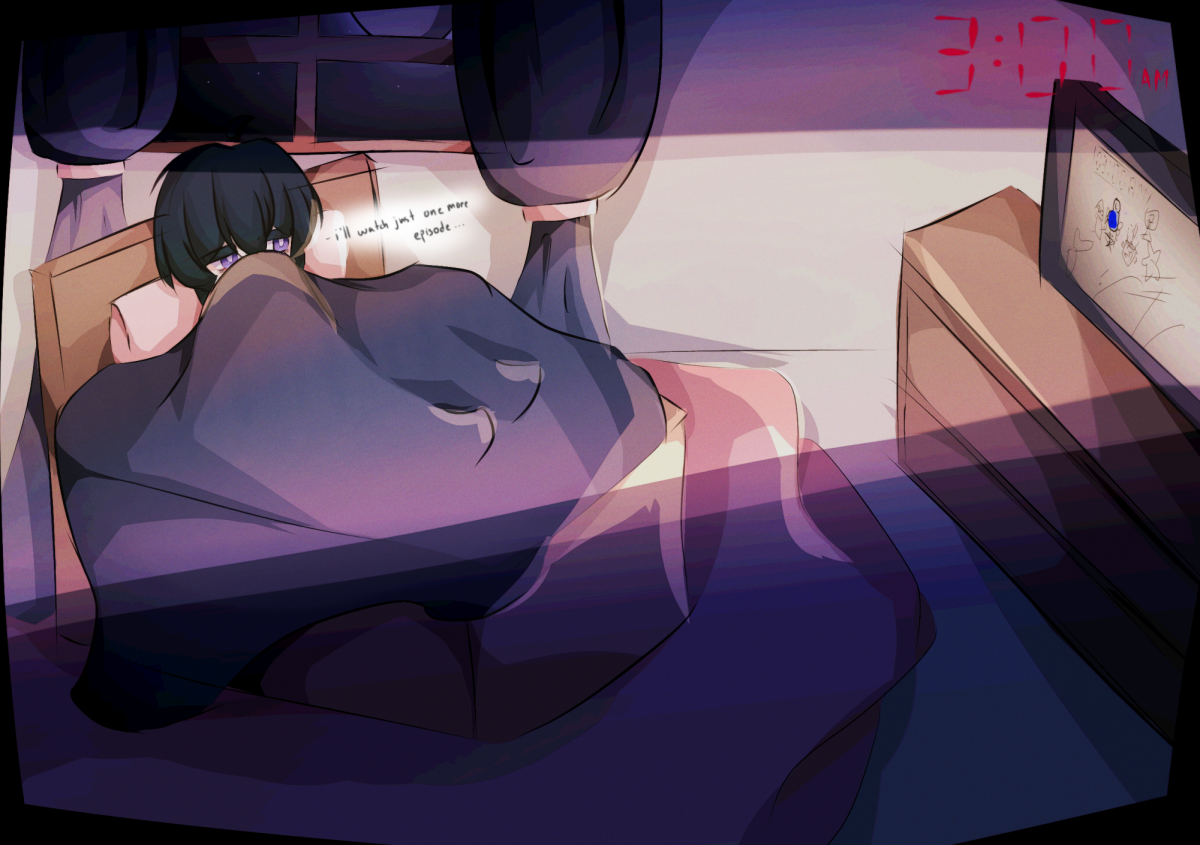

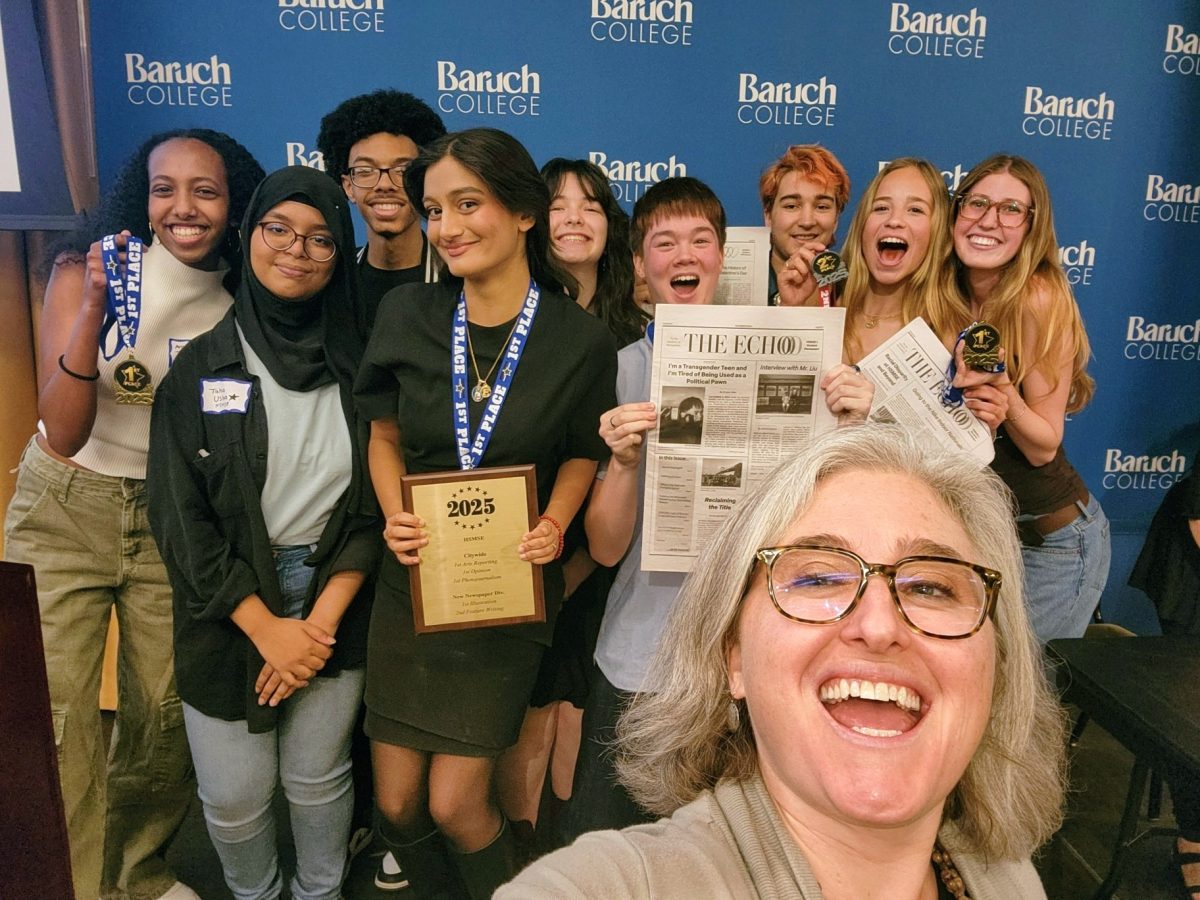
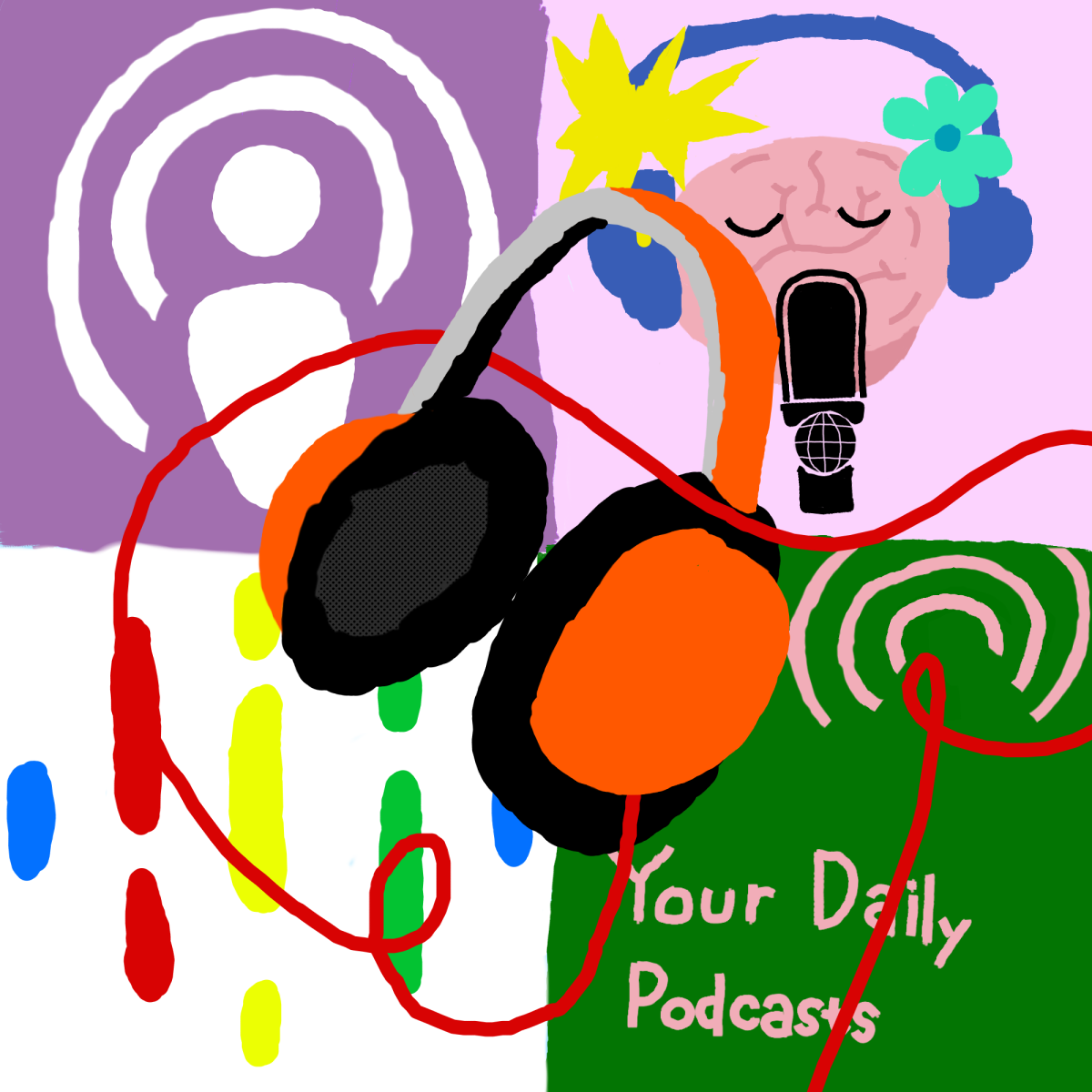
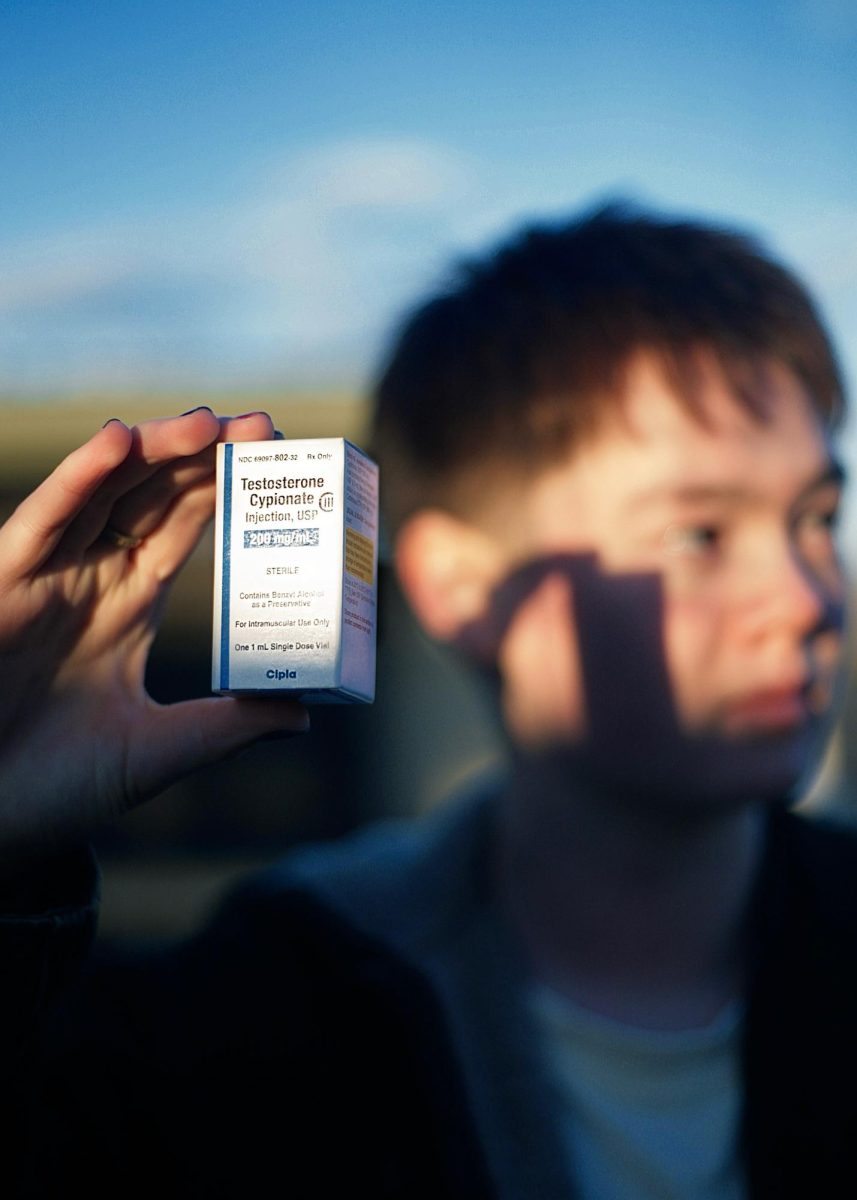
![[ERROR]: Lack of Women in the Software Industry](https://theechohsmse.com/wp-content/uploads/2024/12/APC_0280-984x1200.jpeg)
